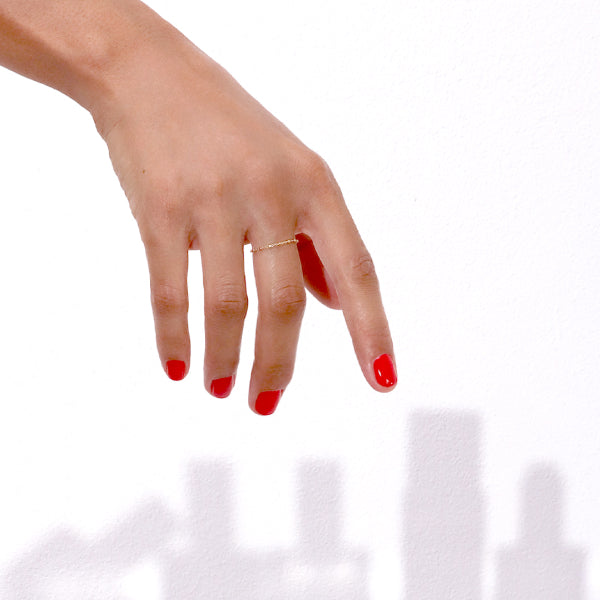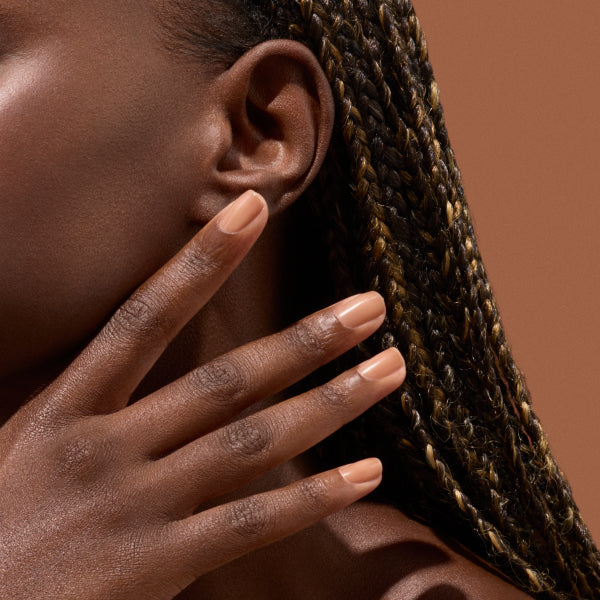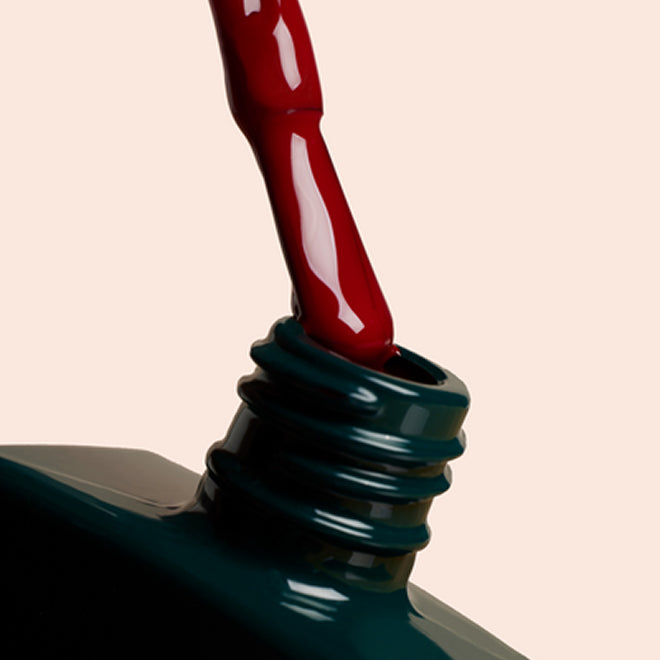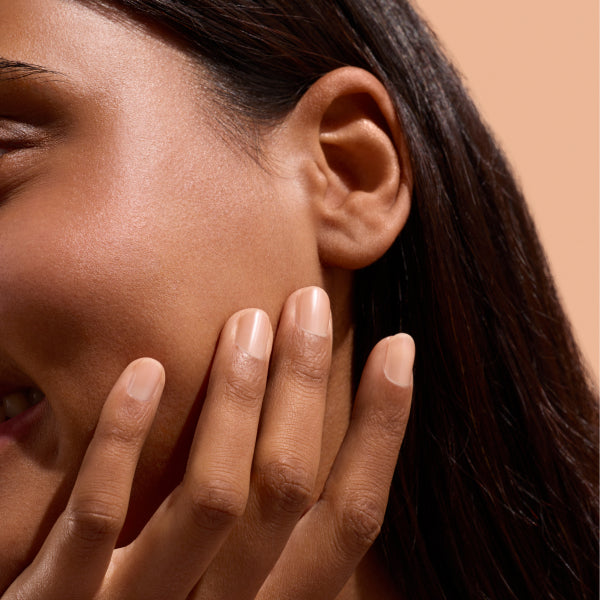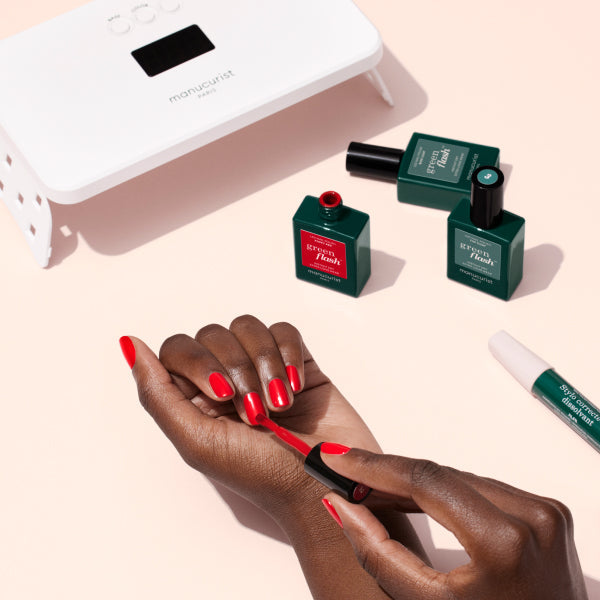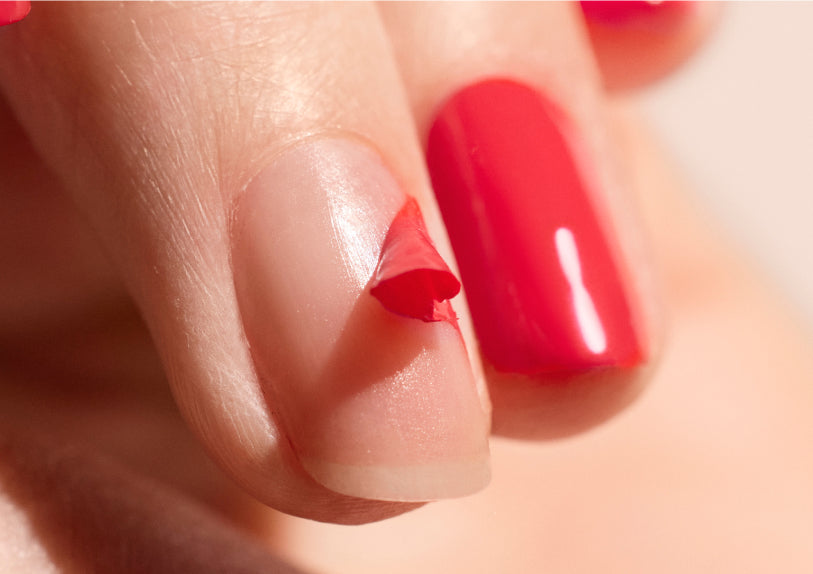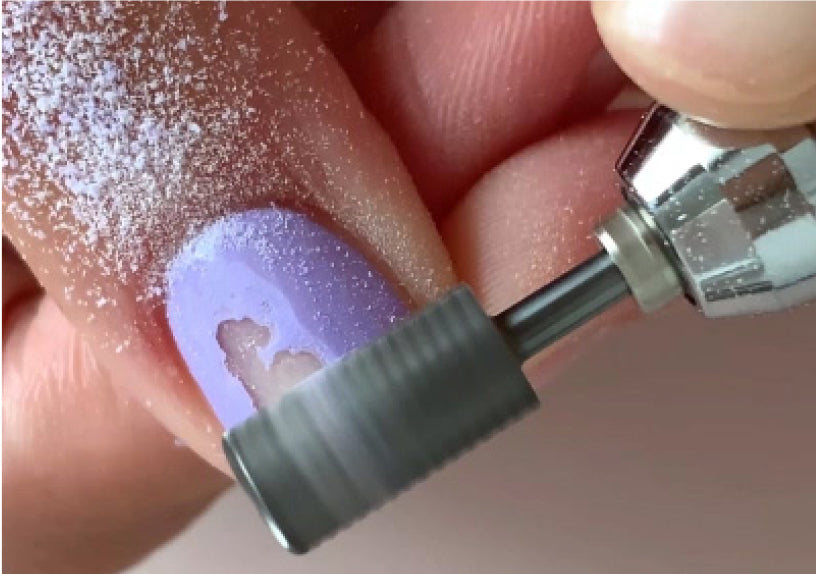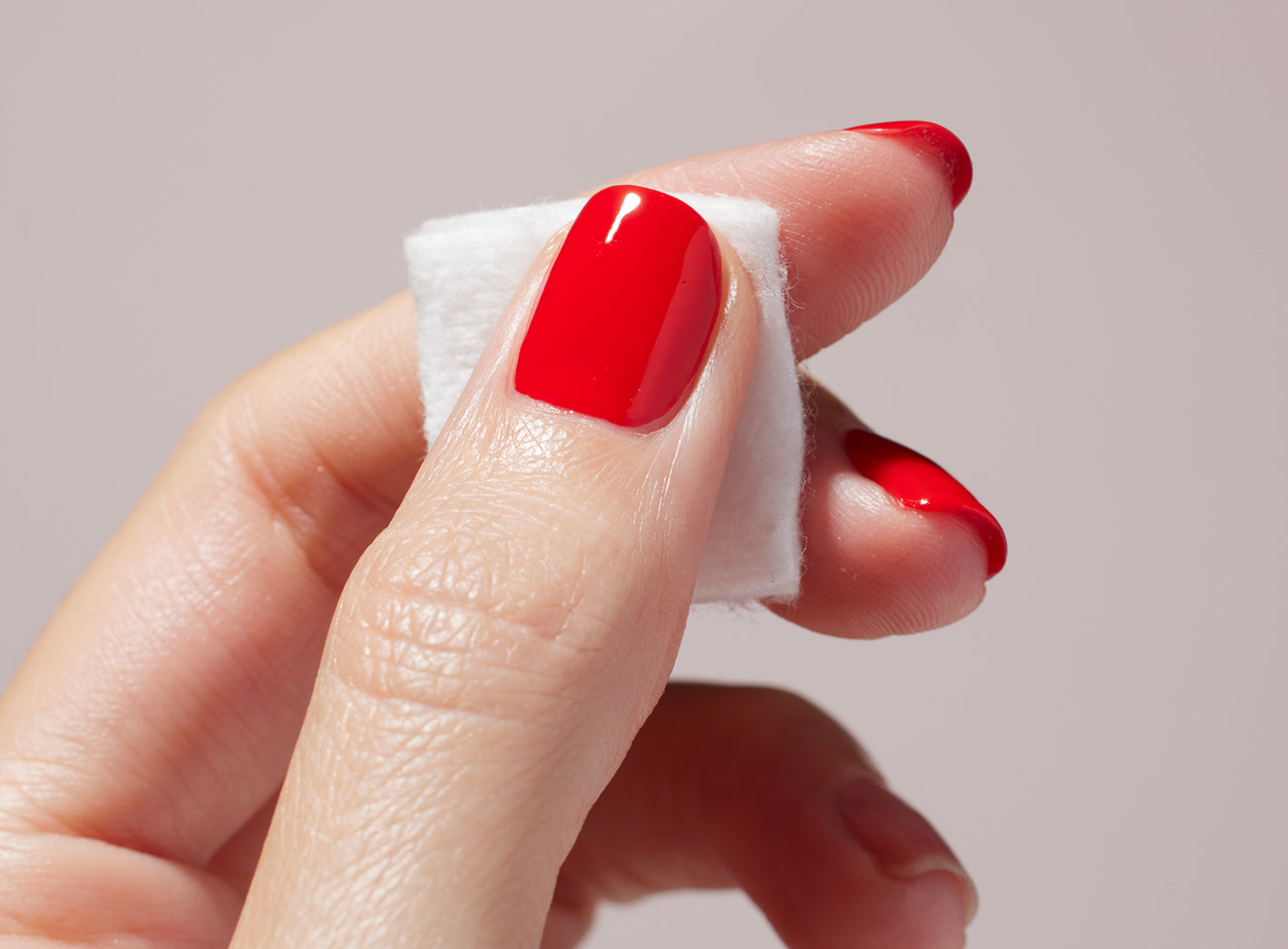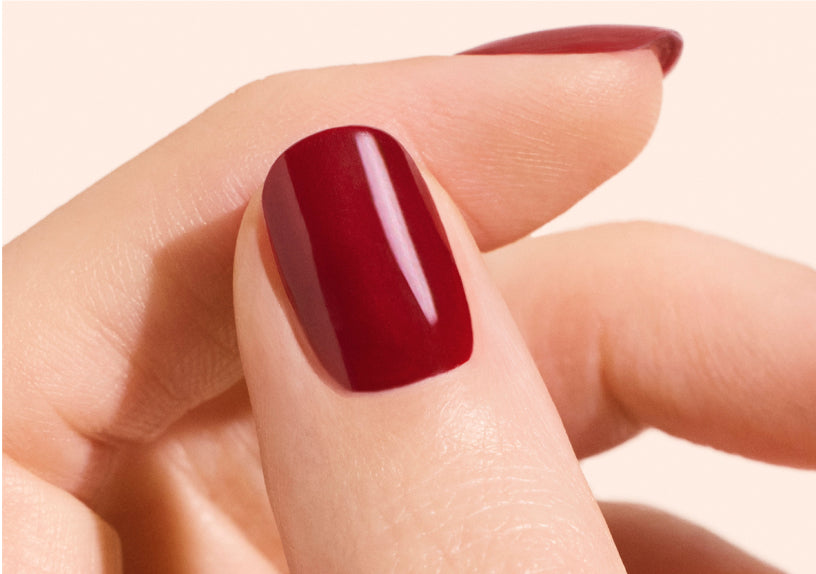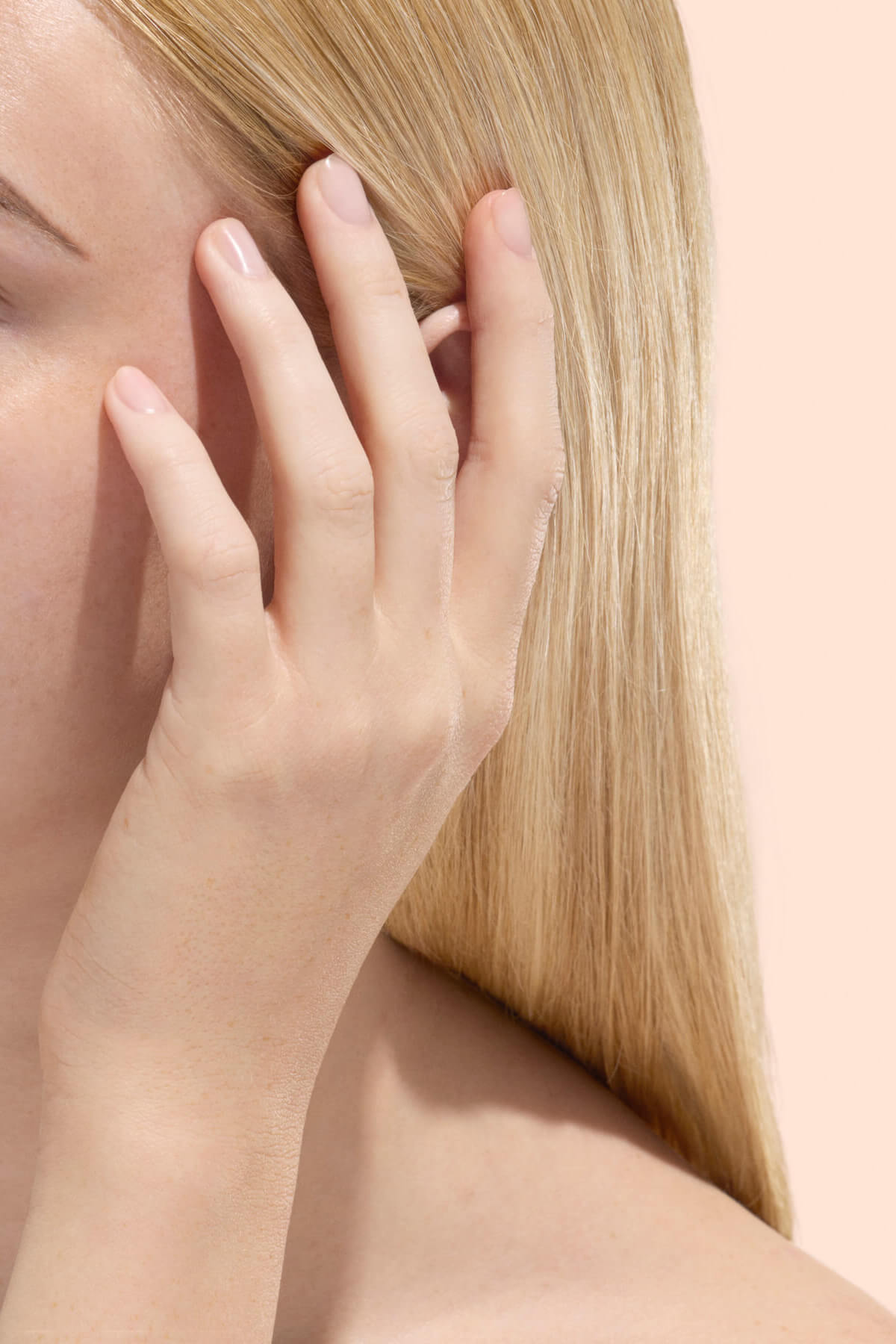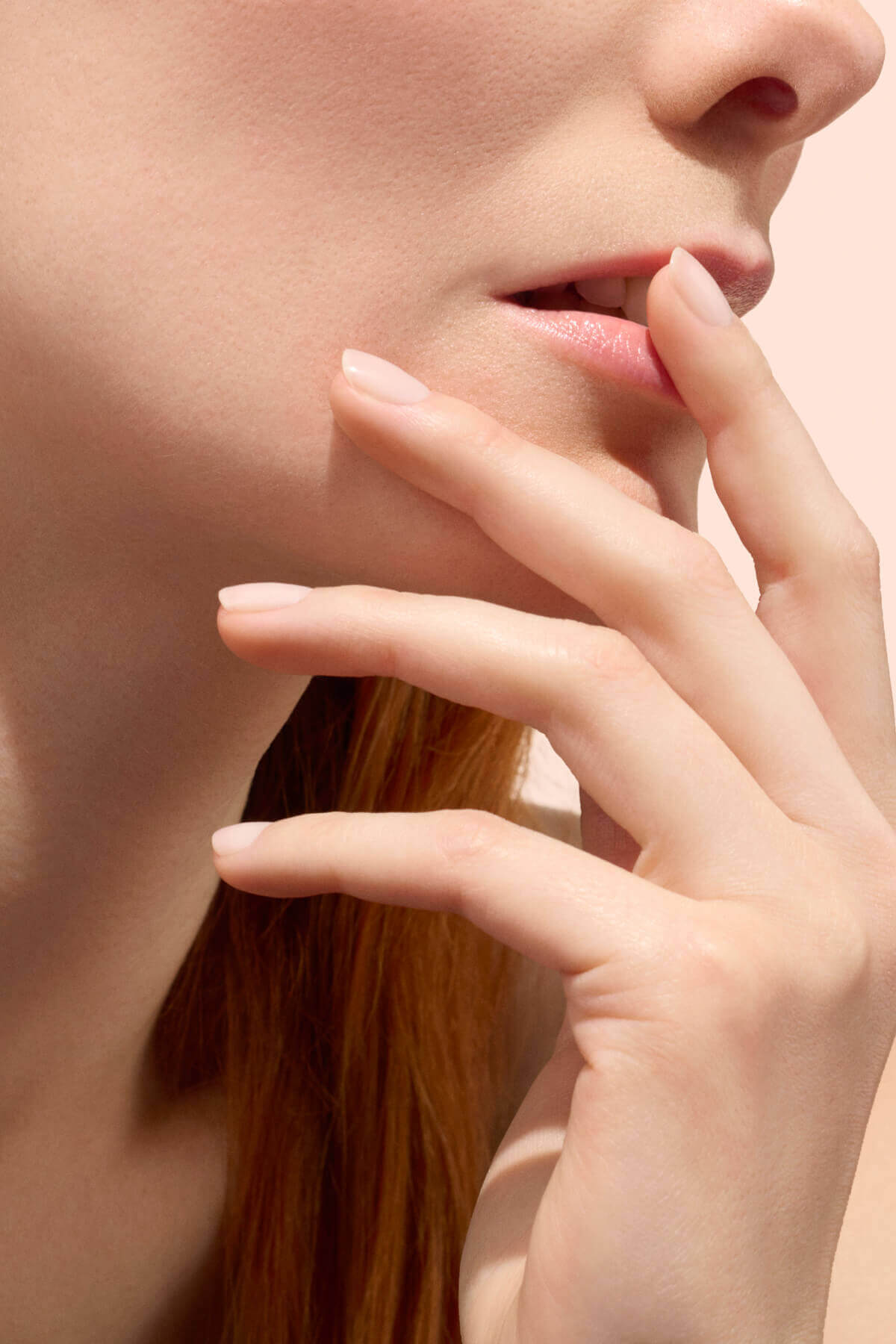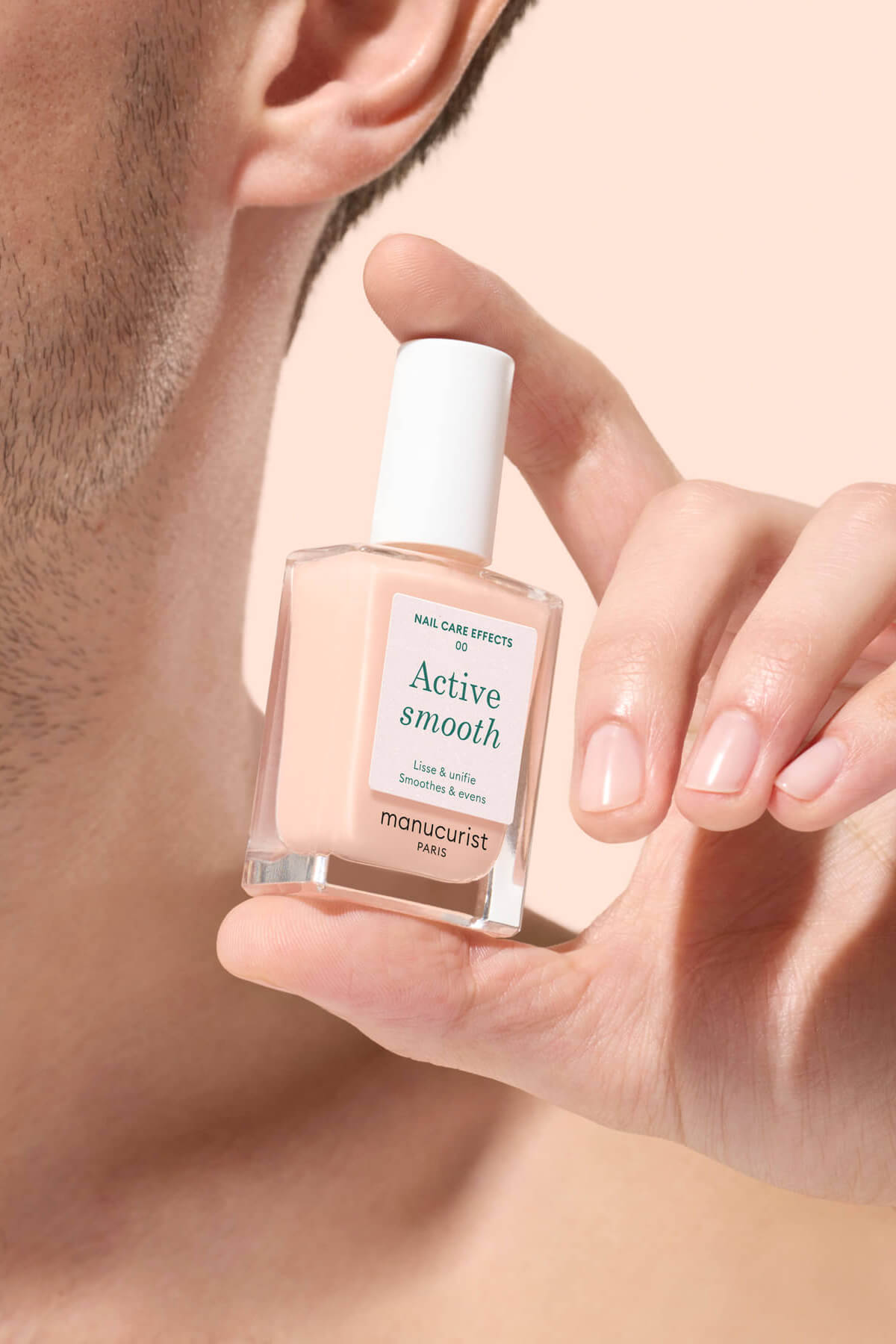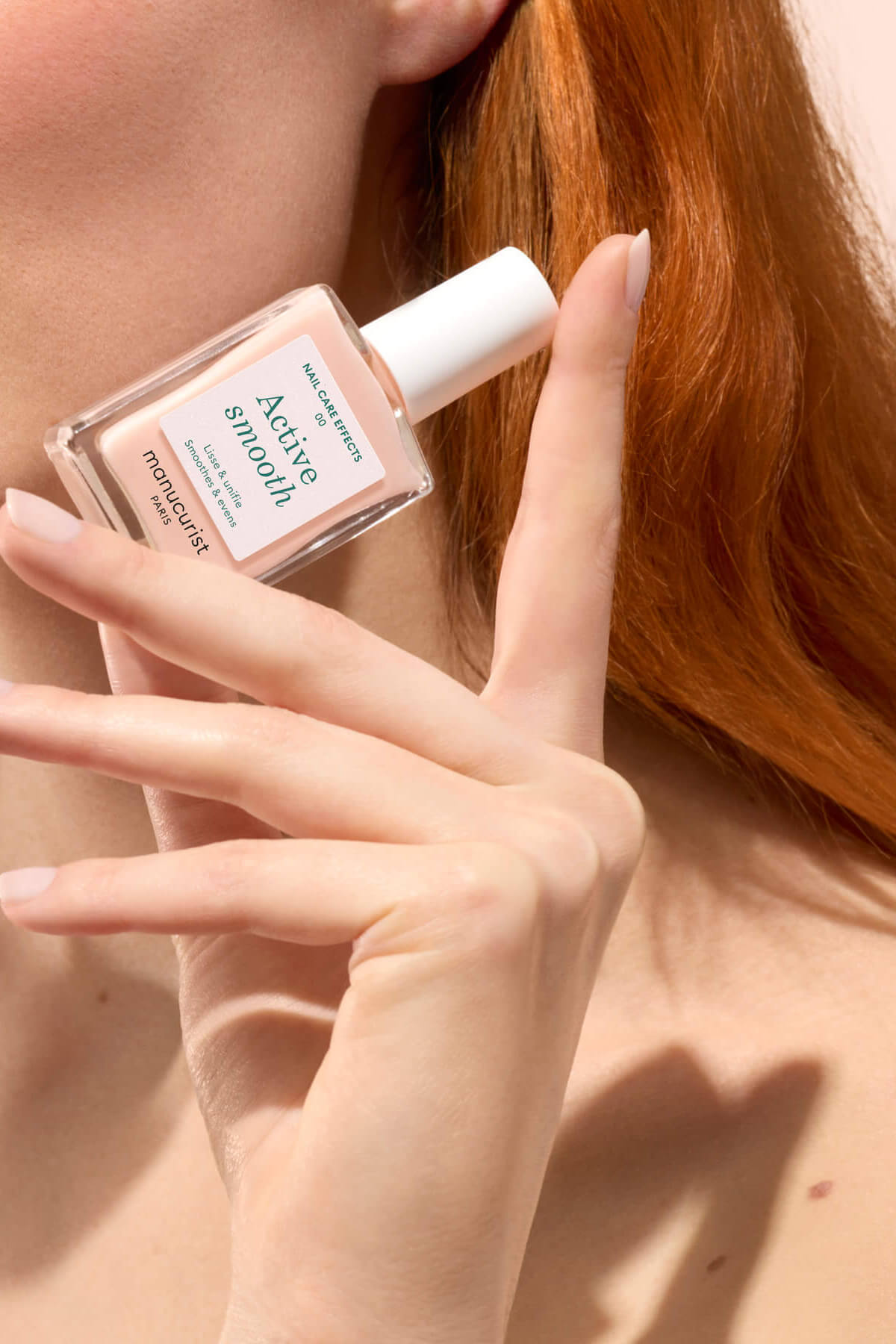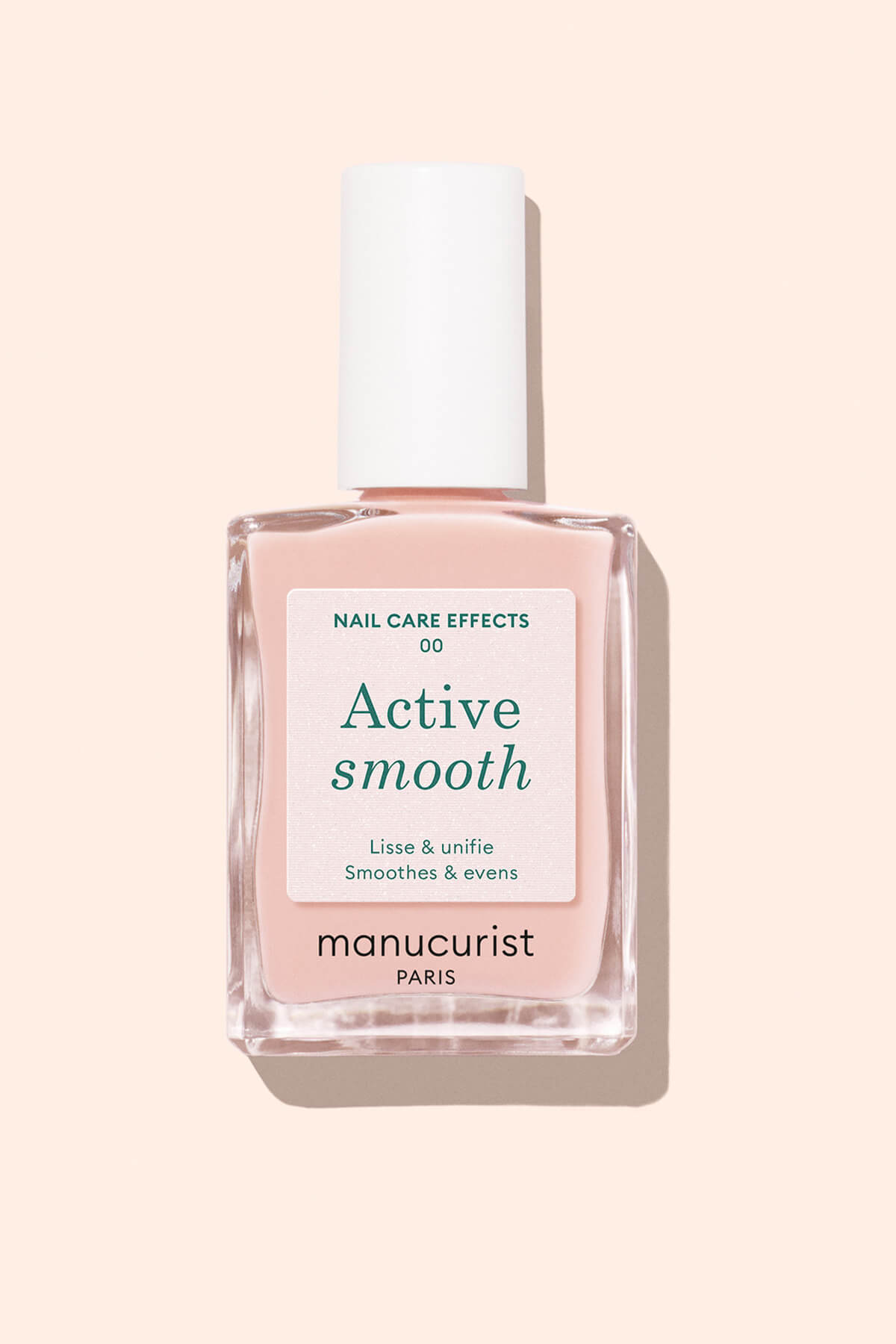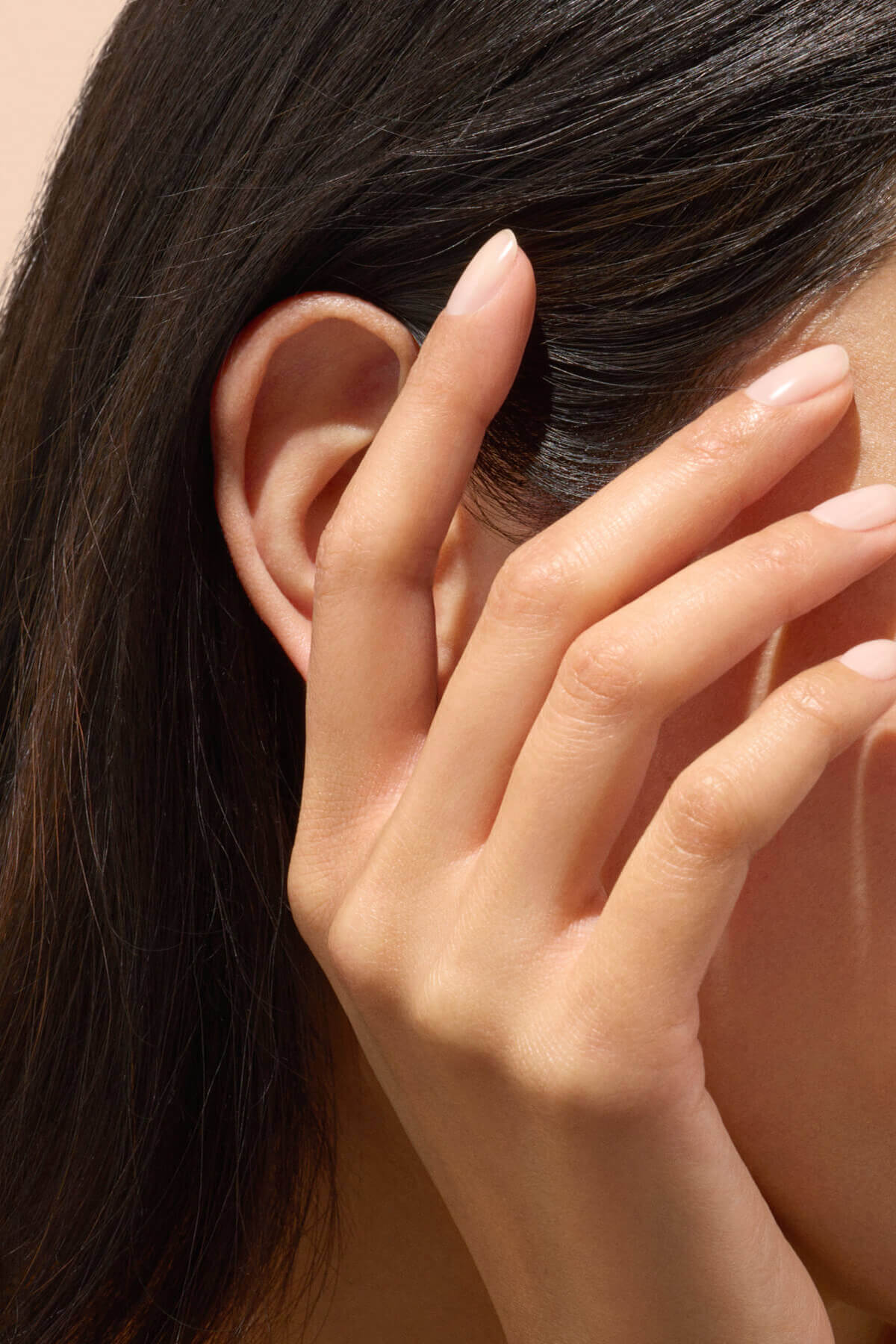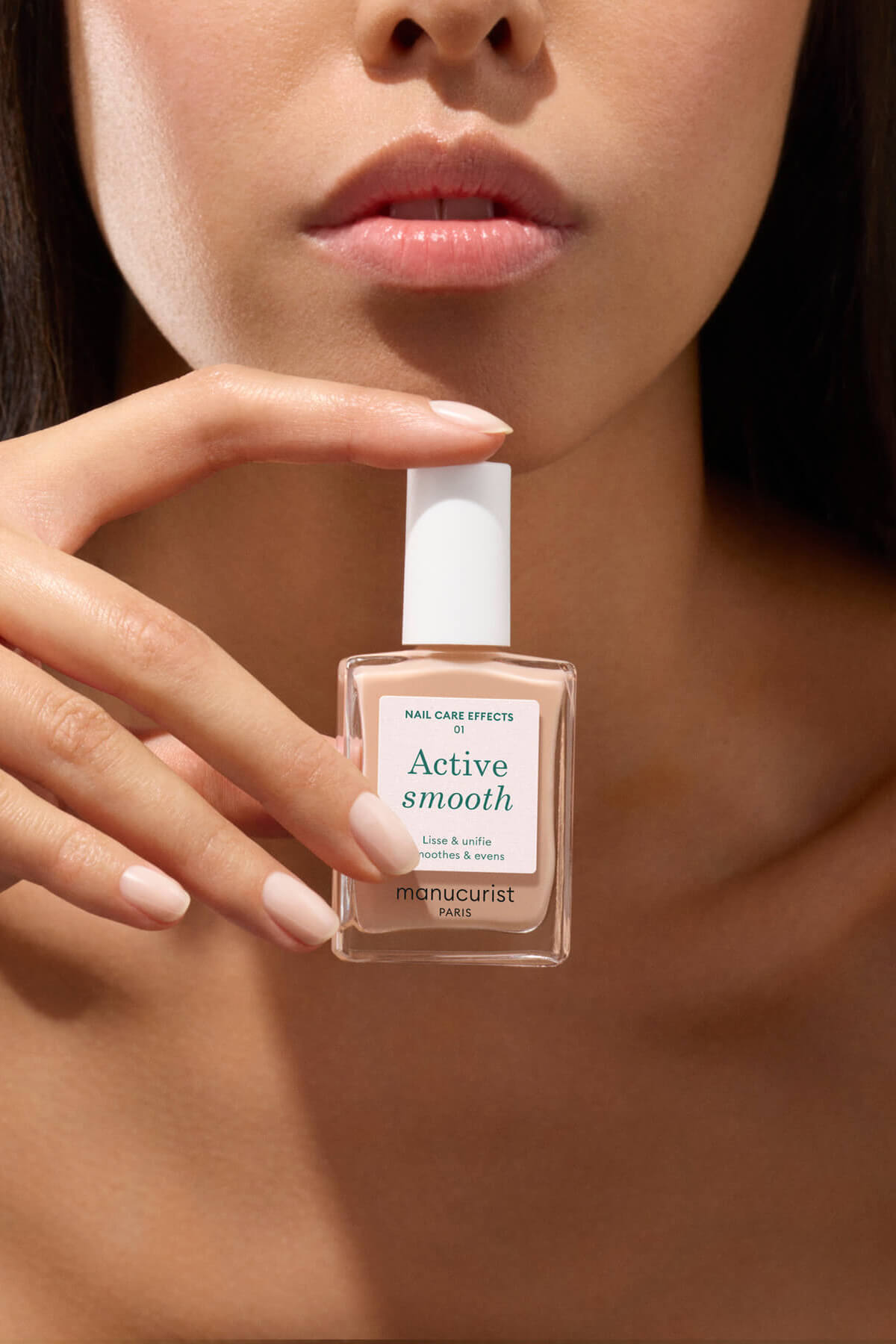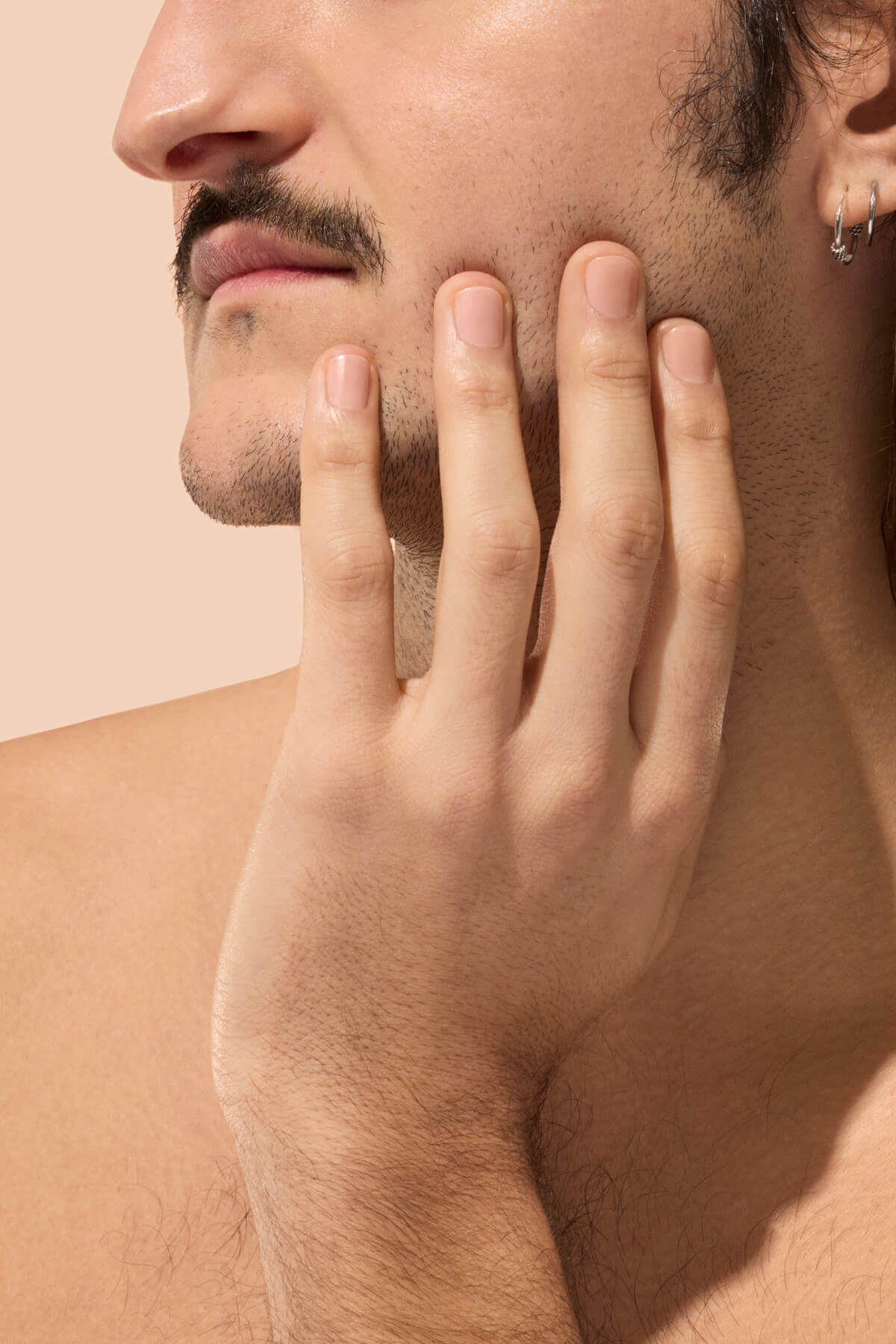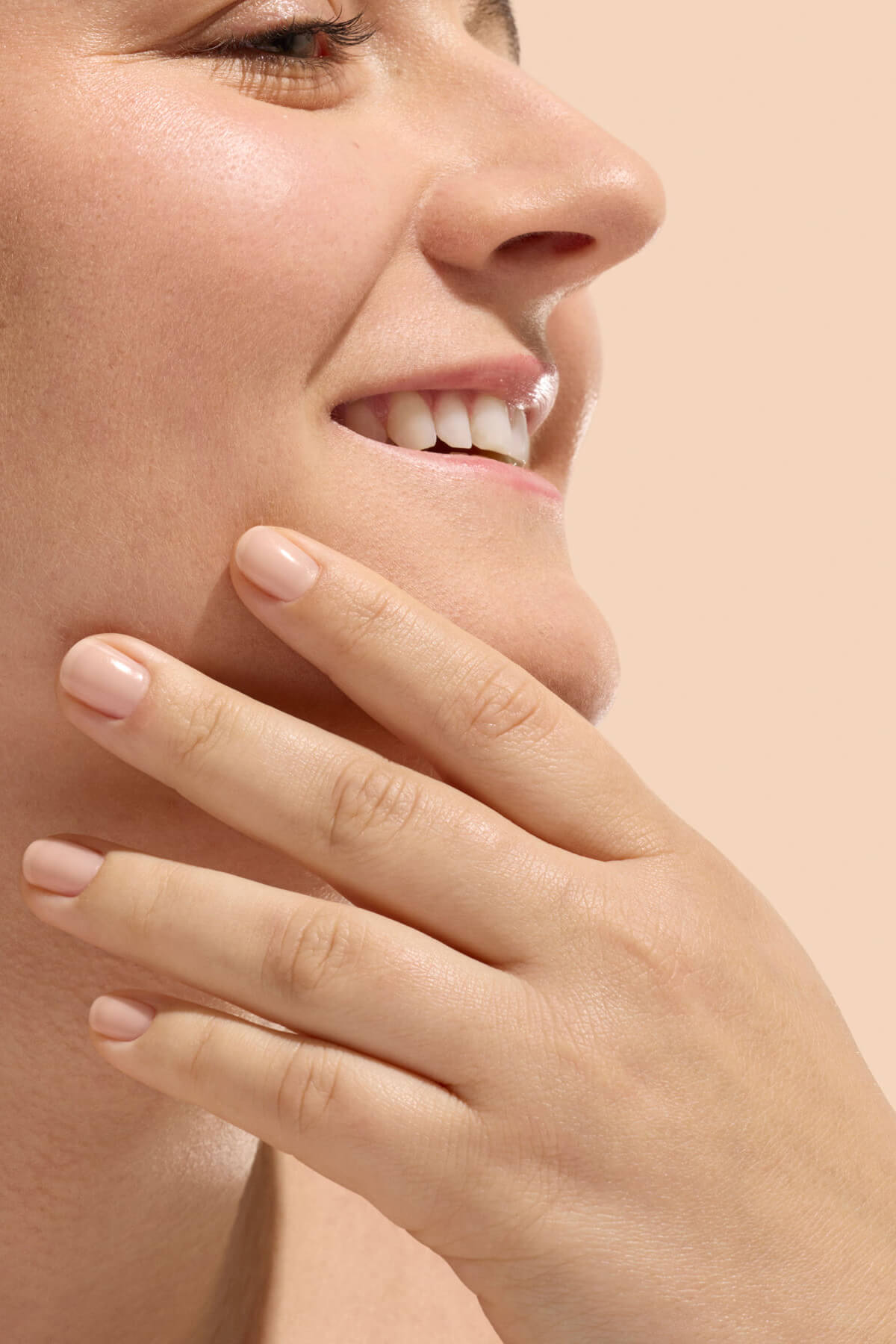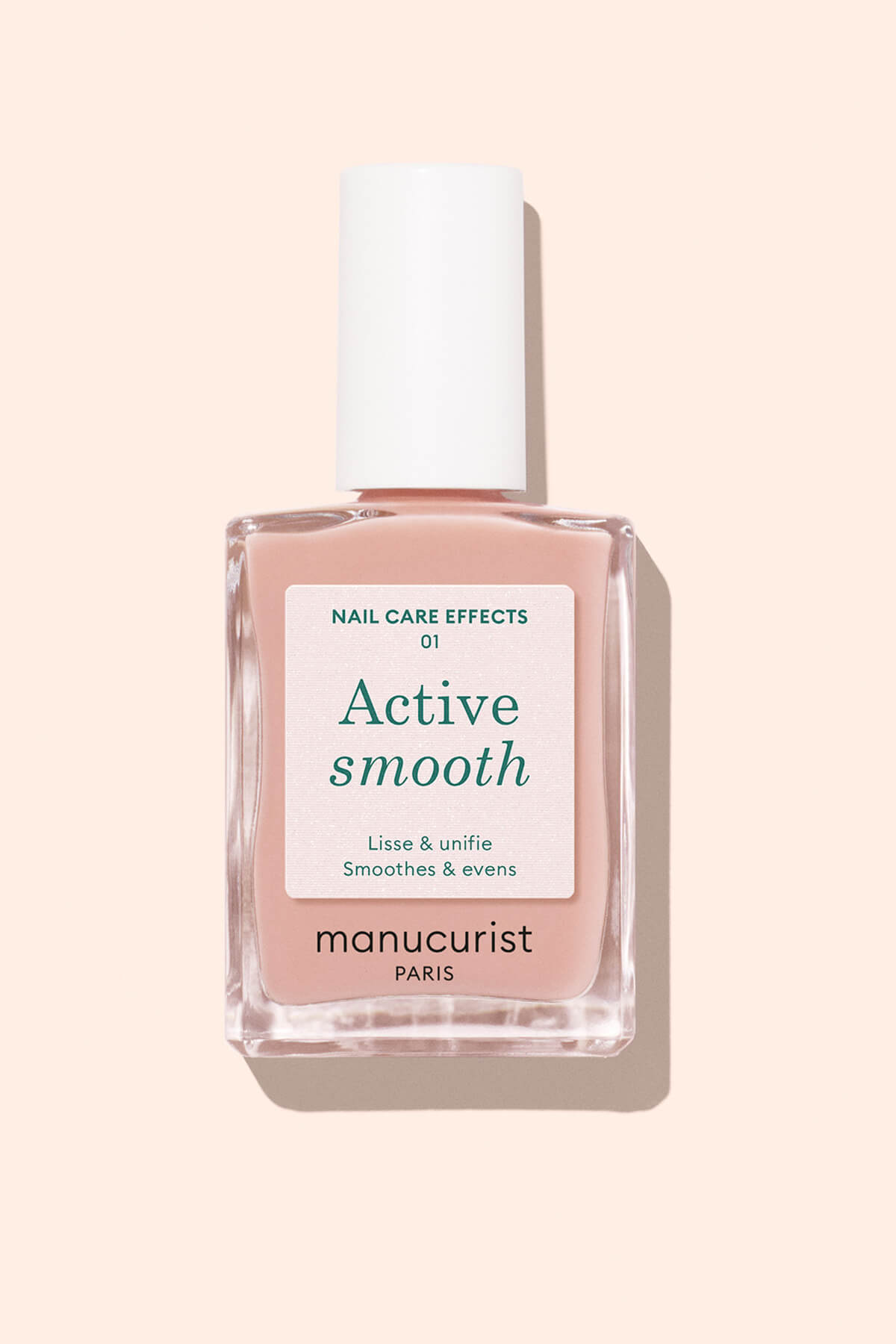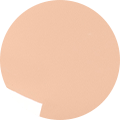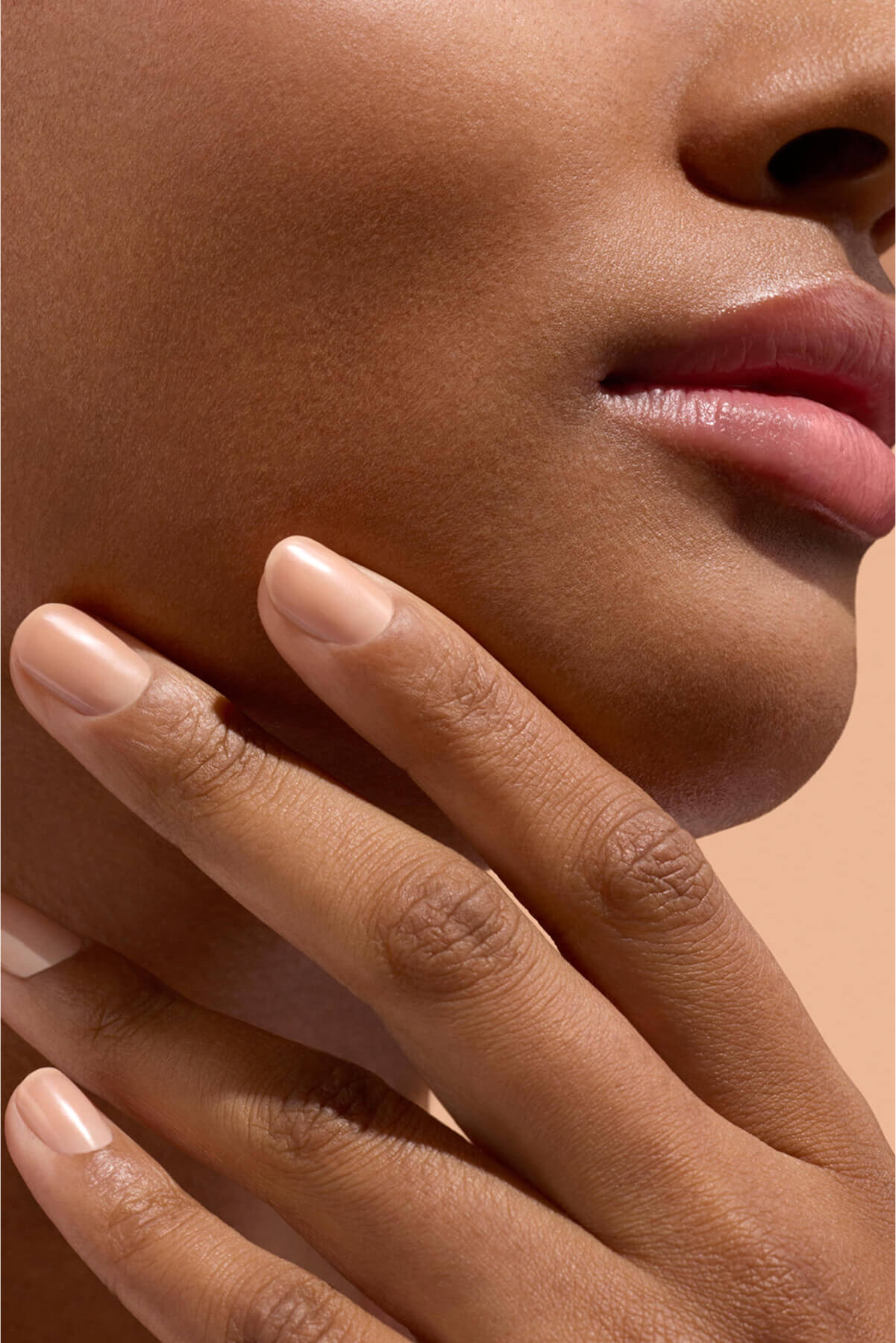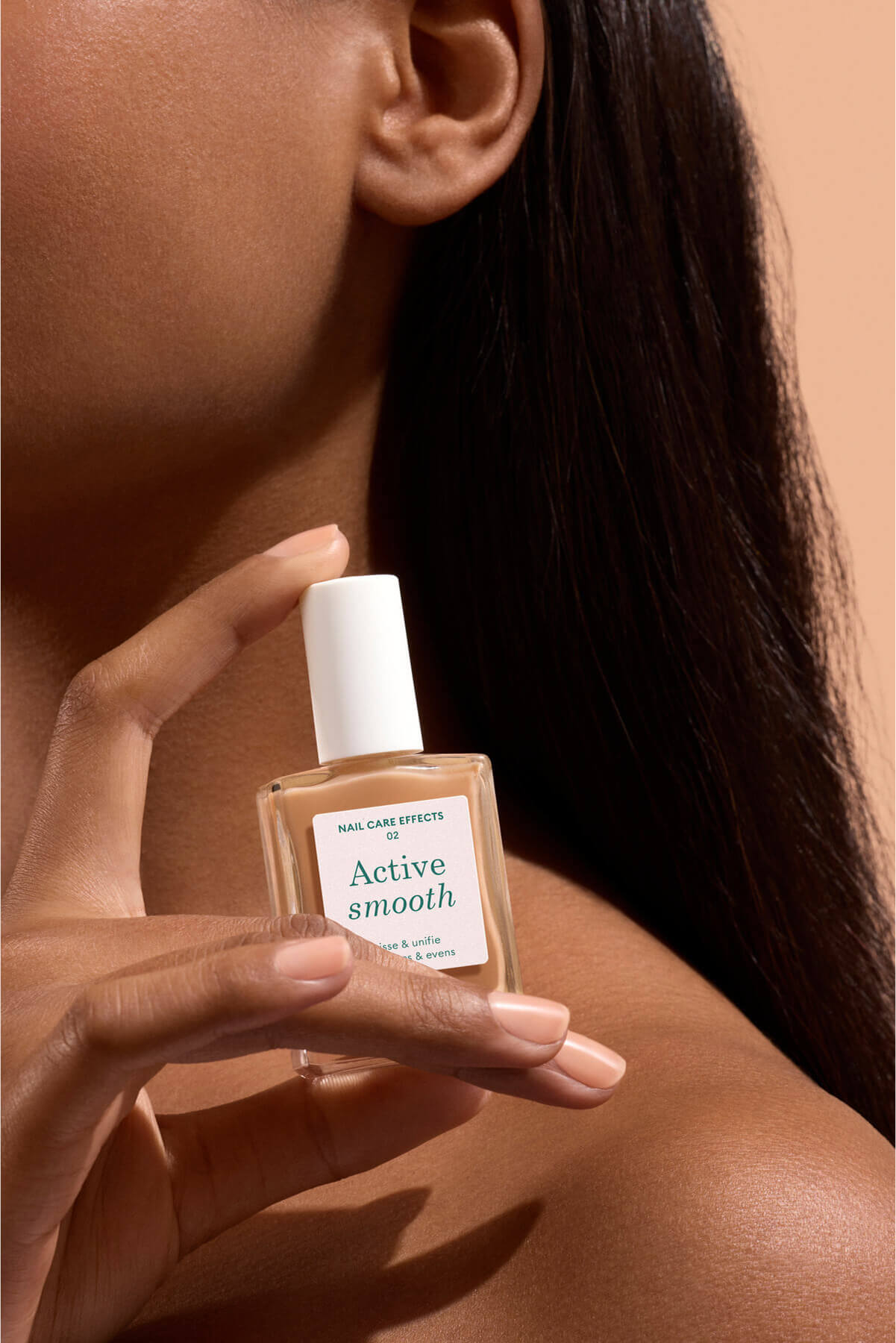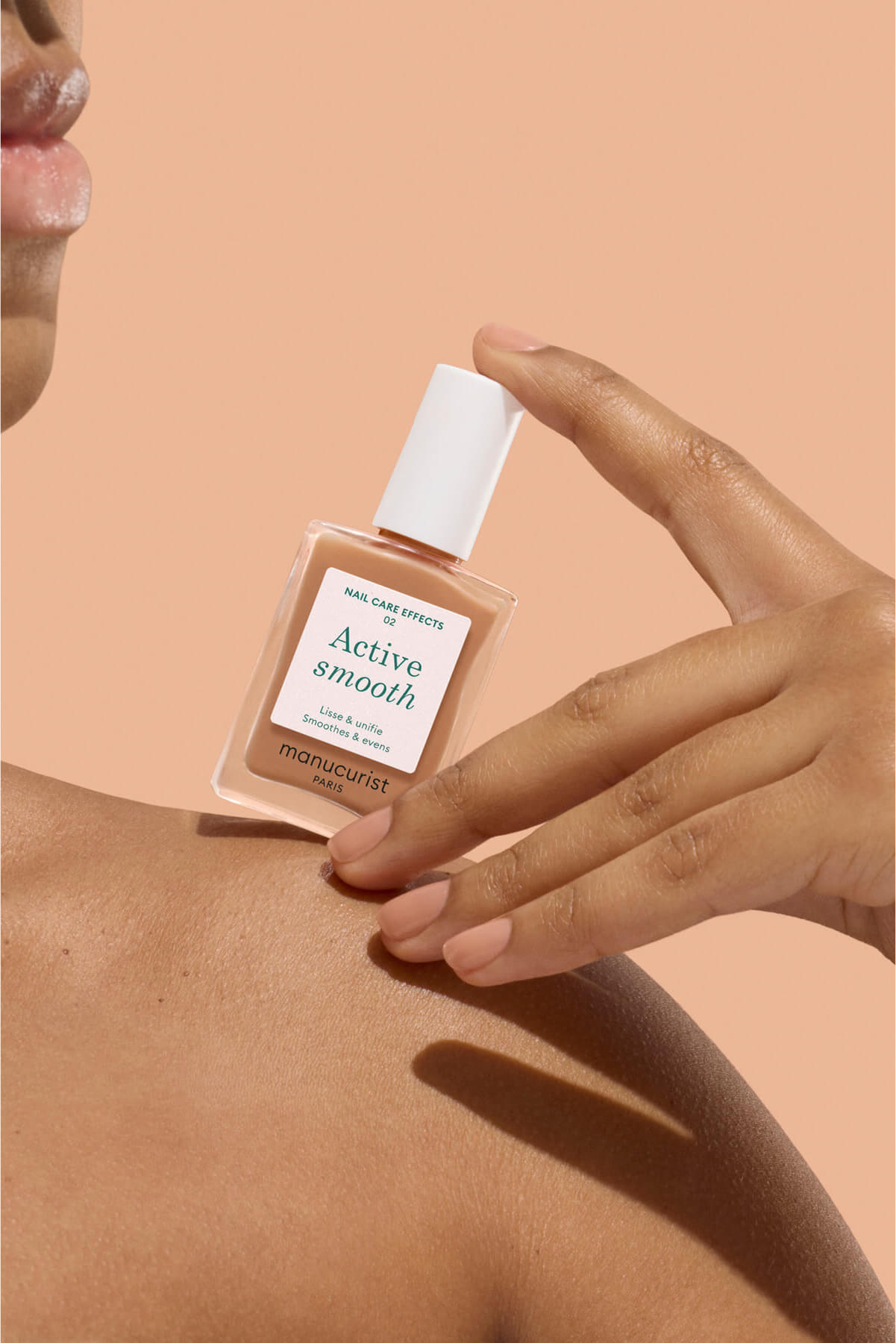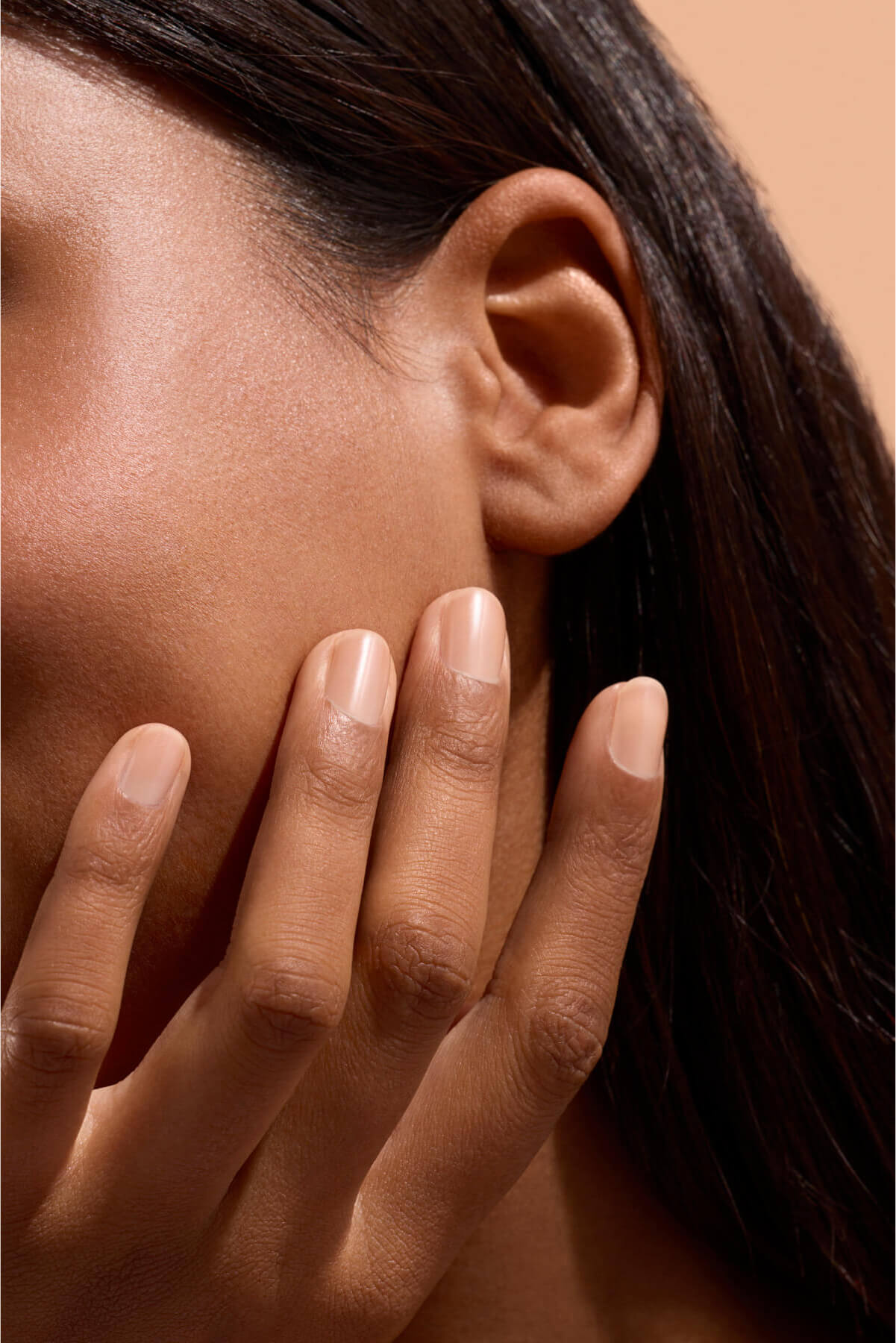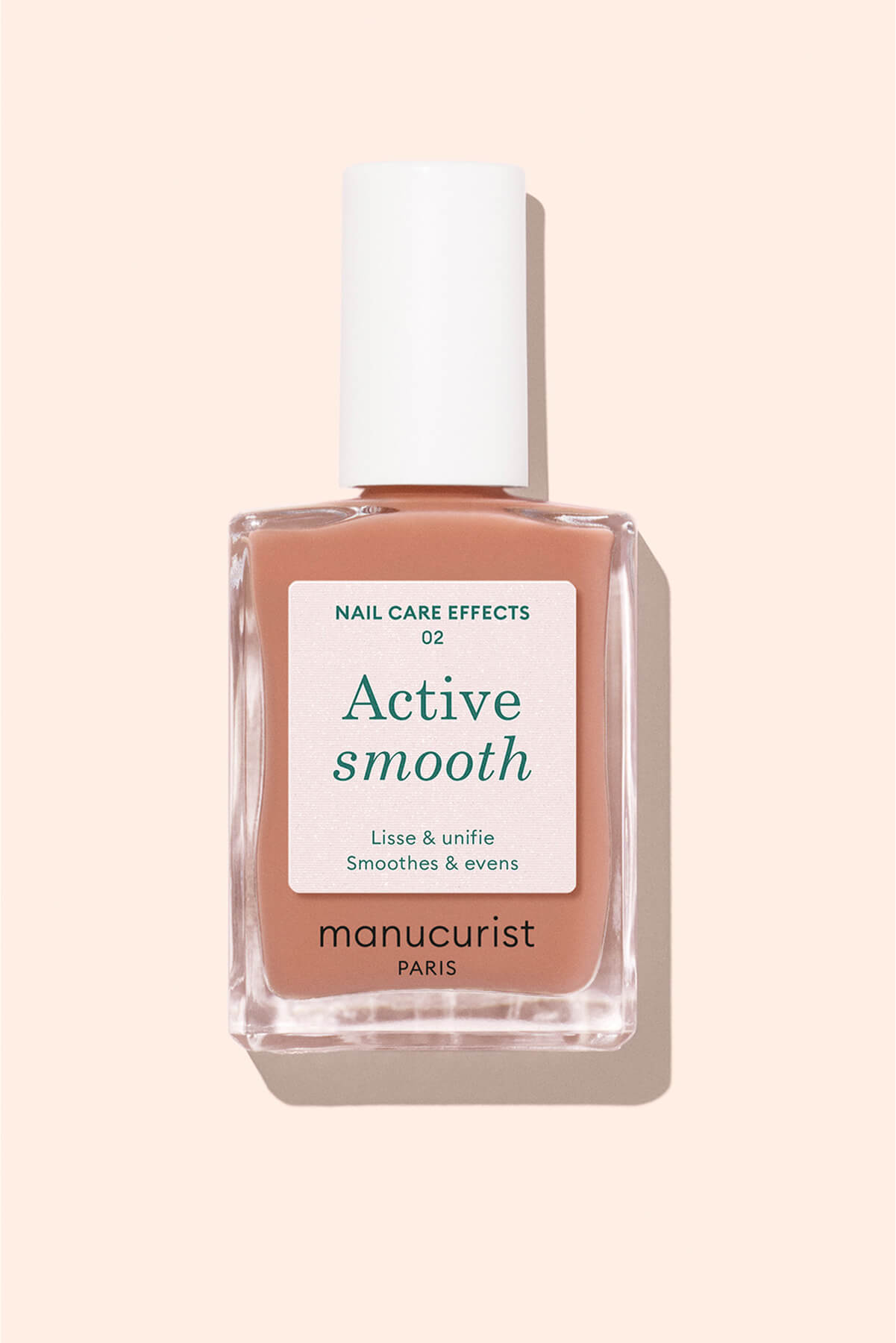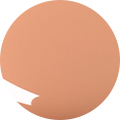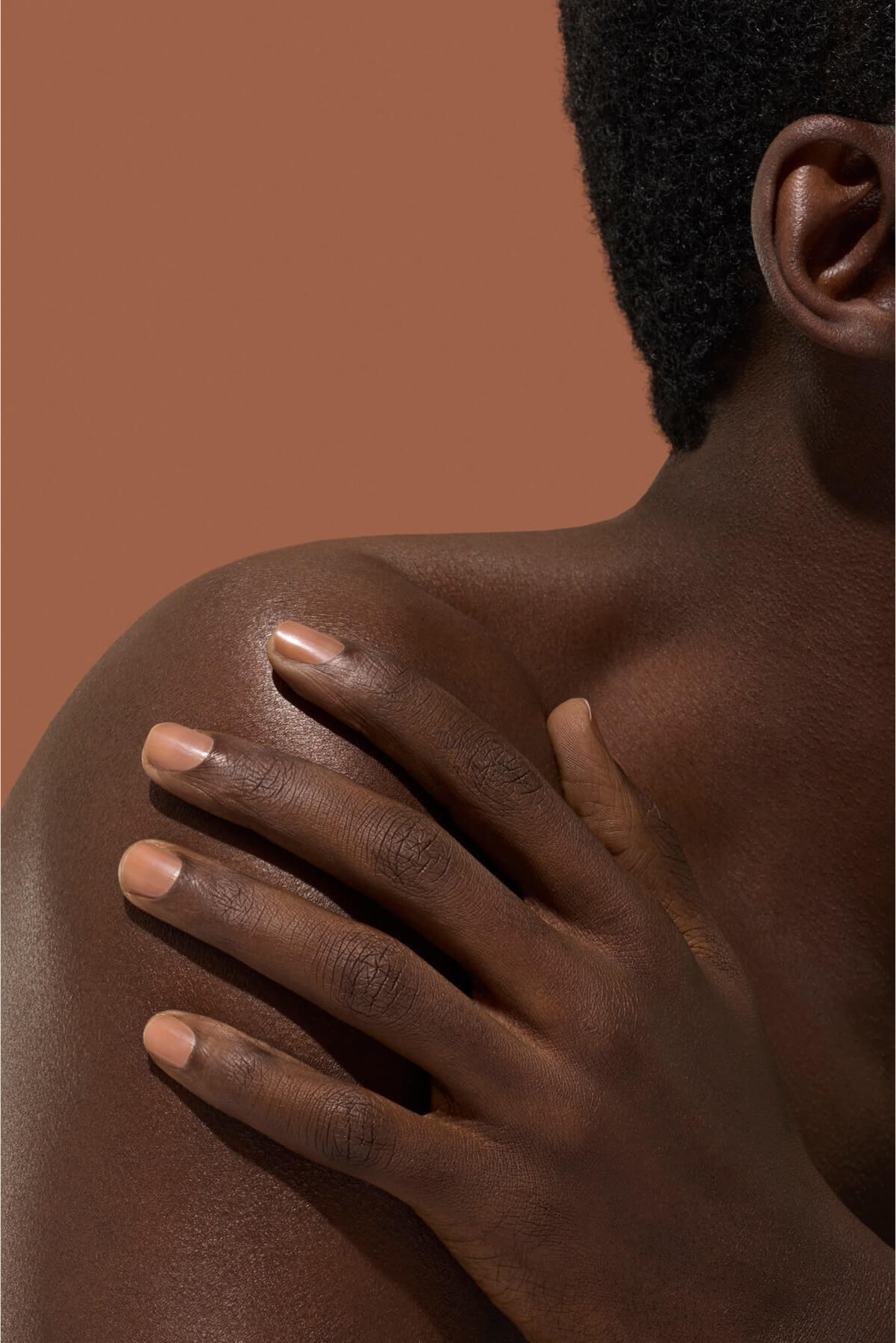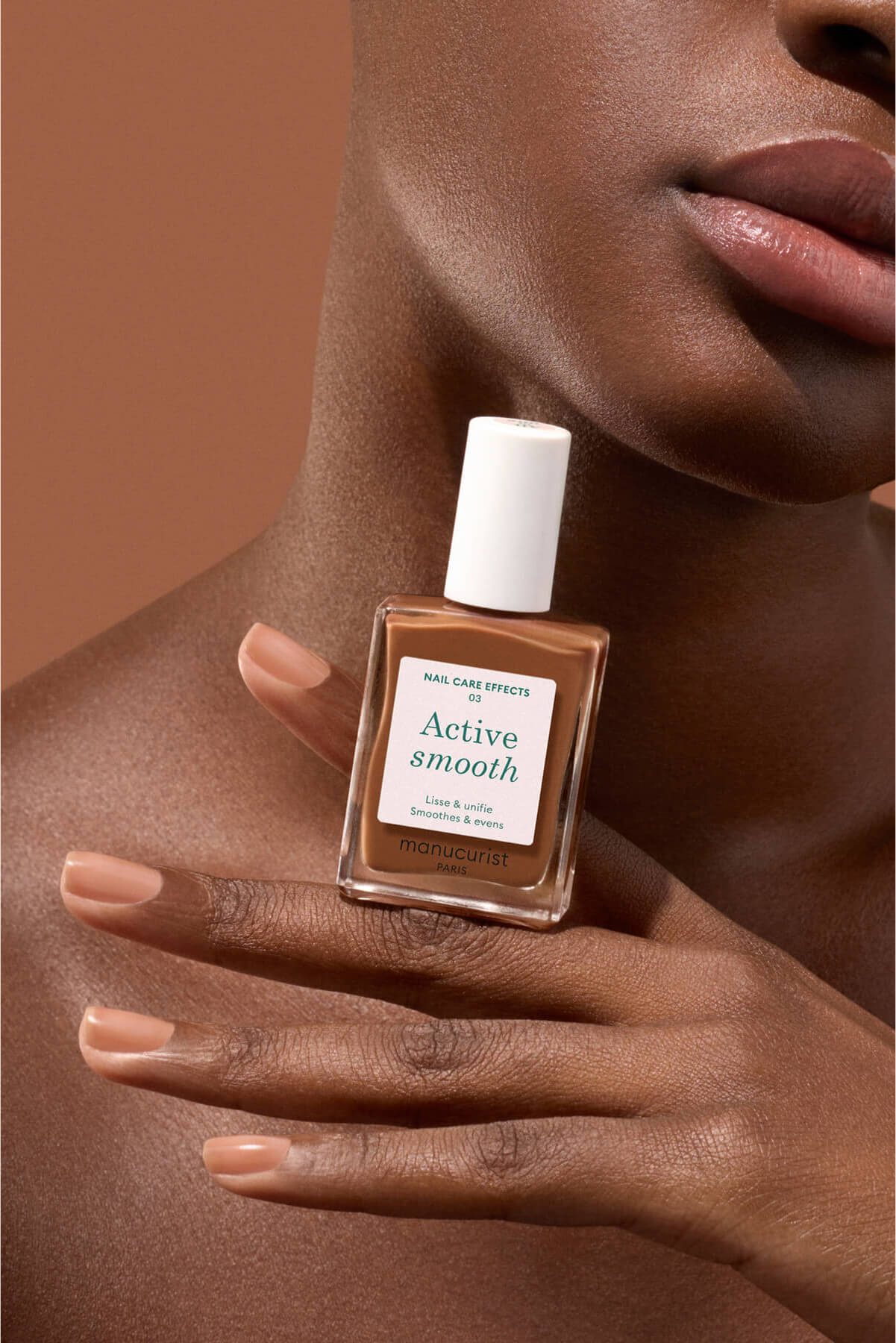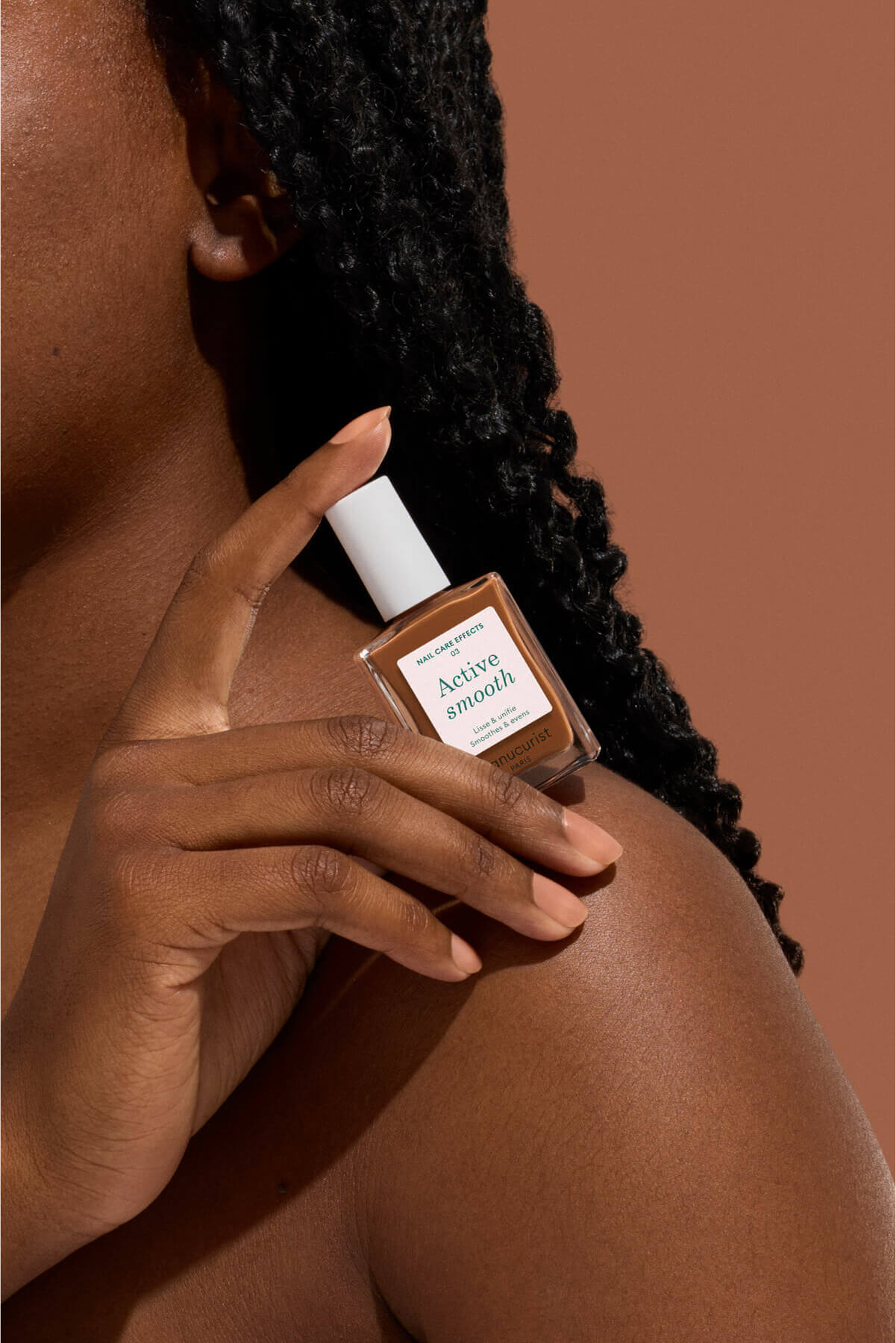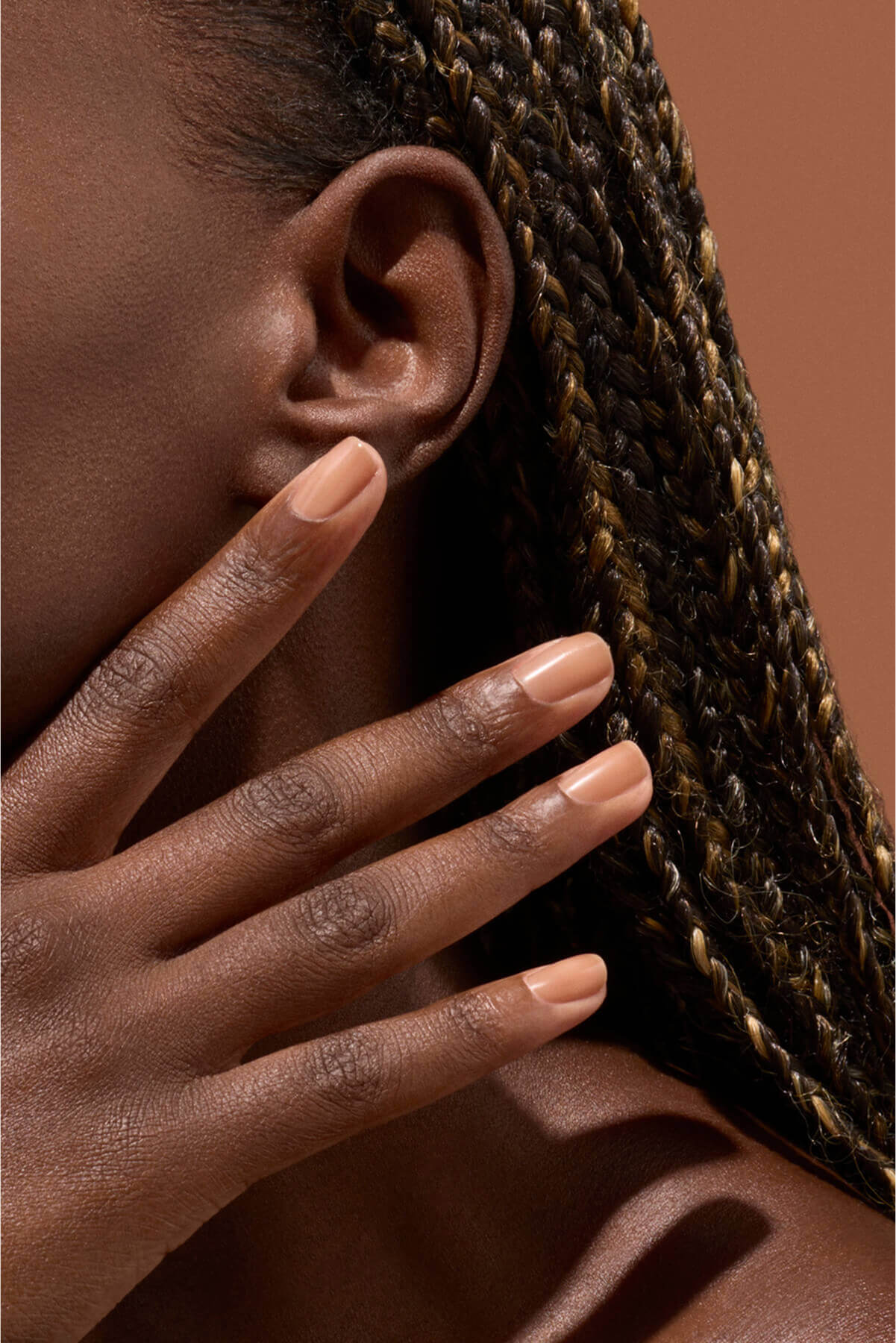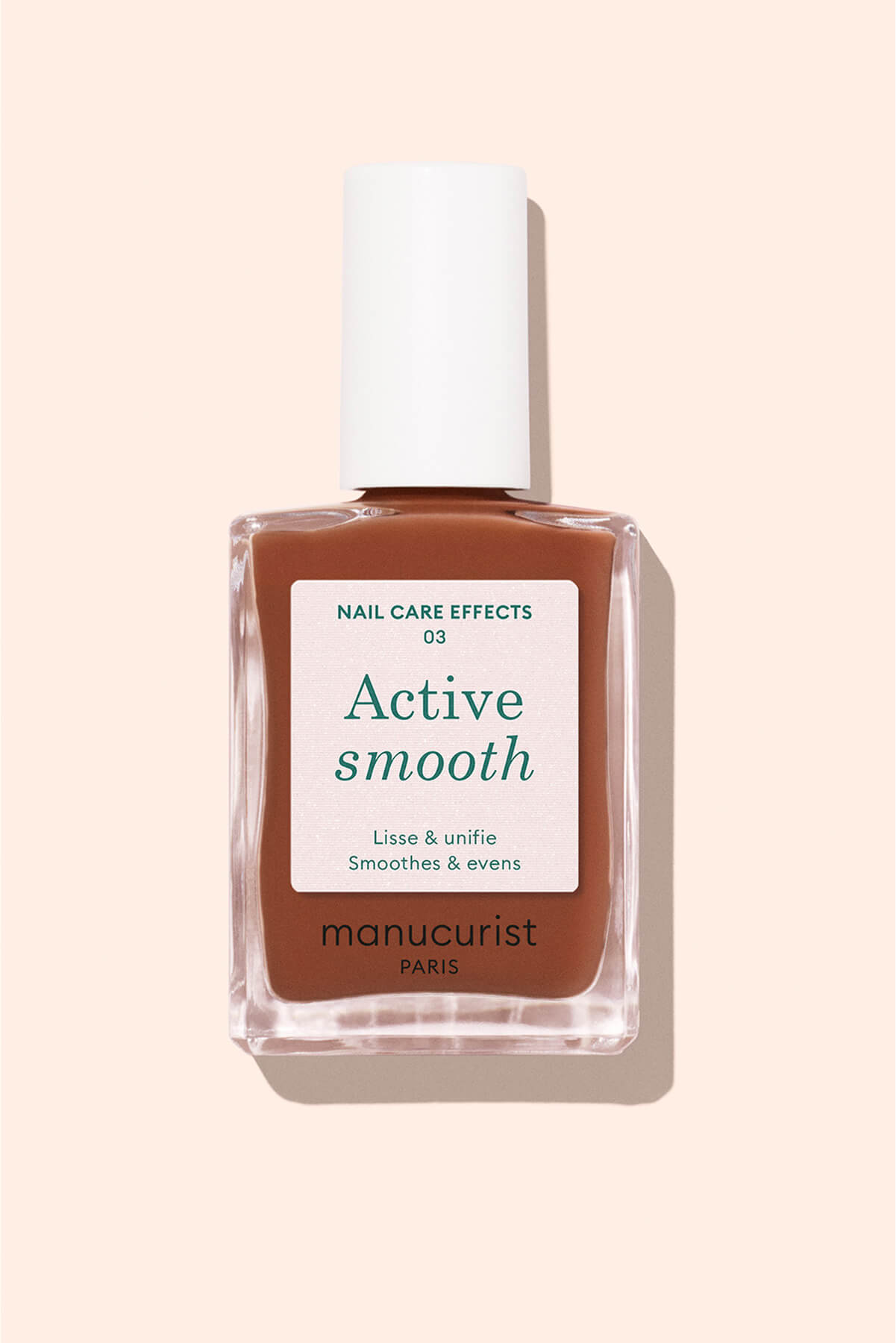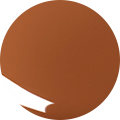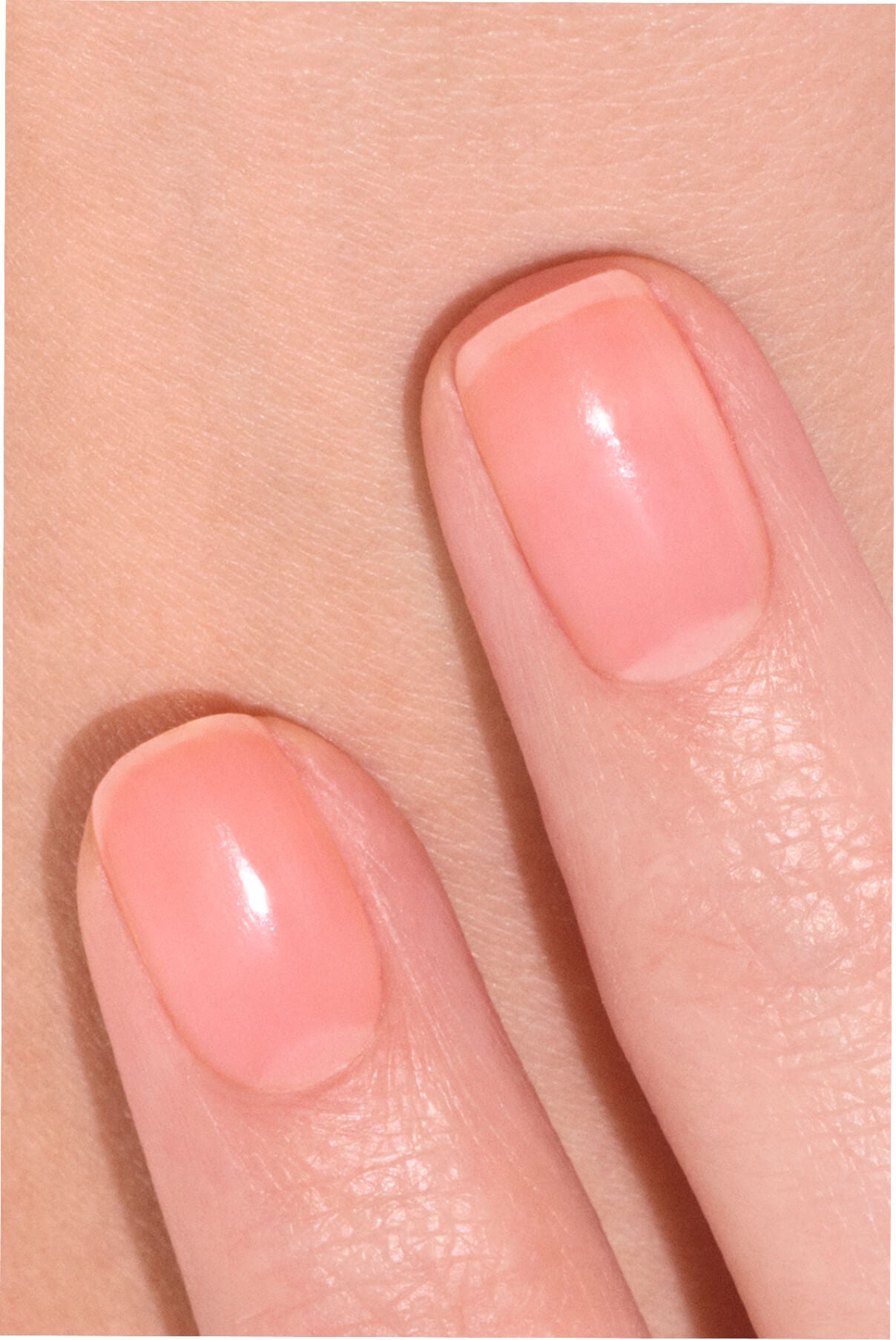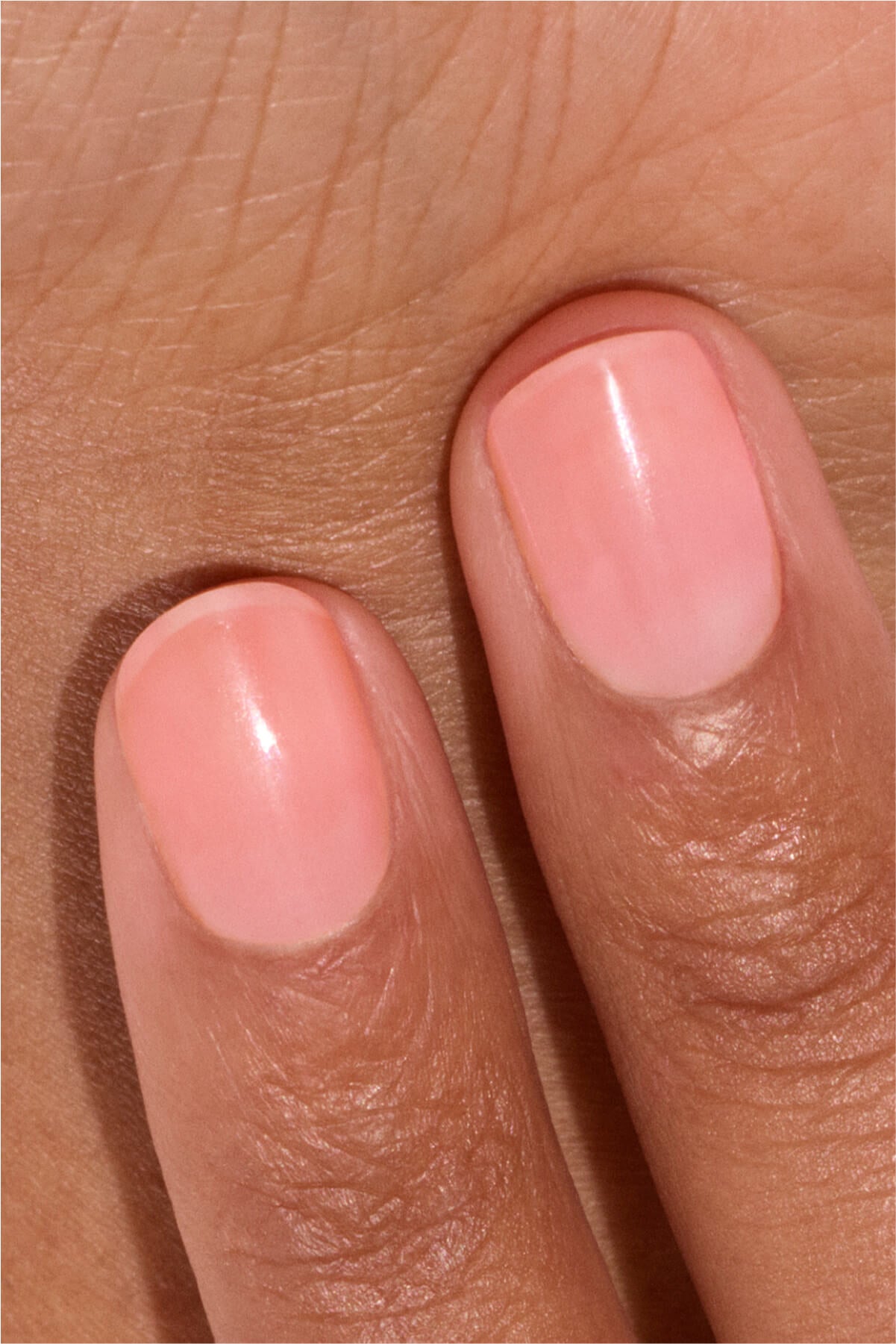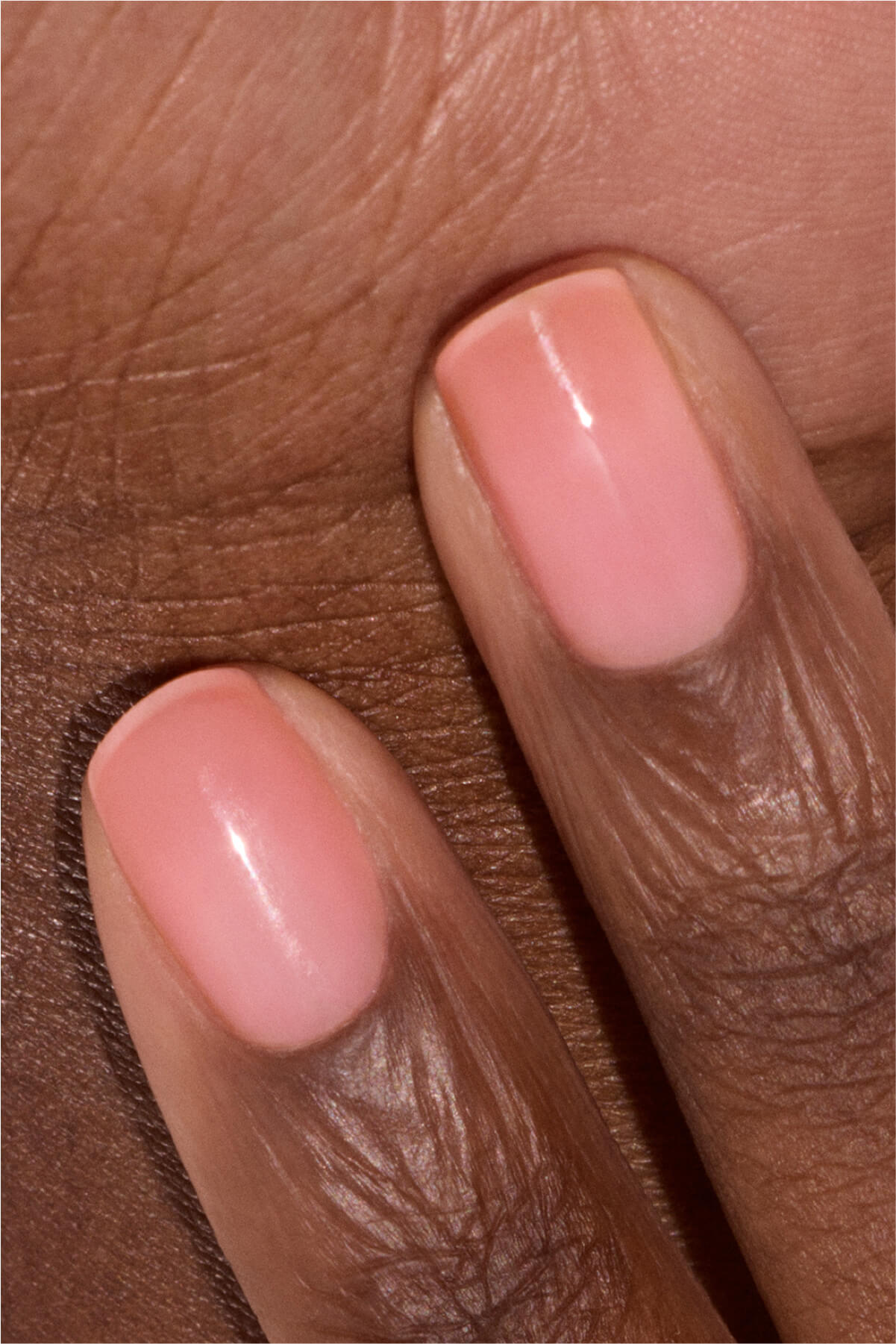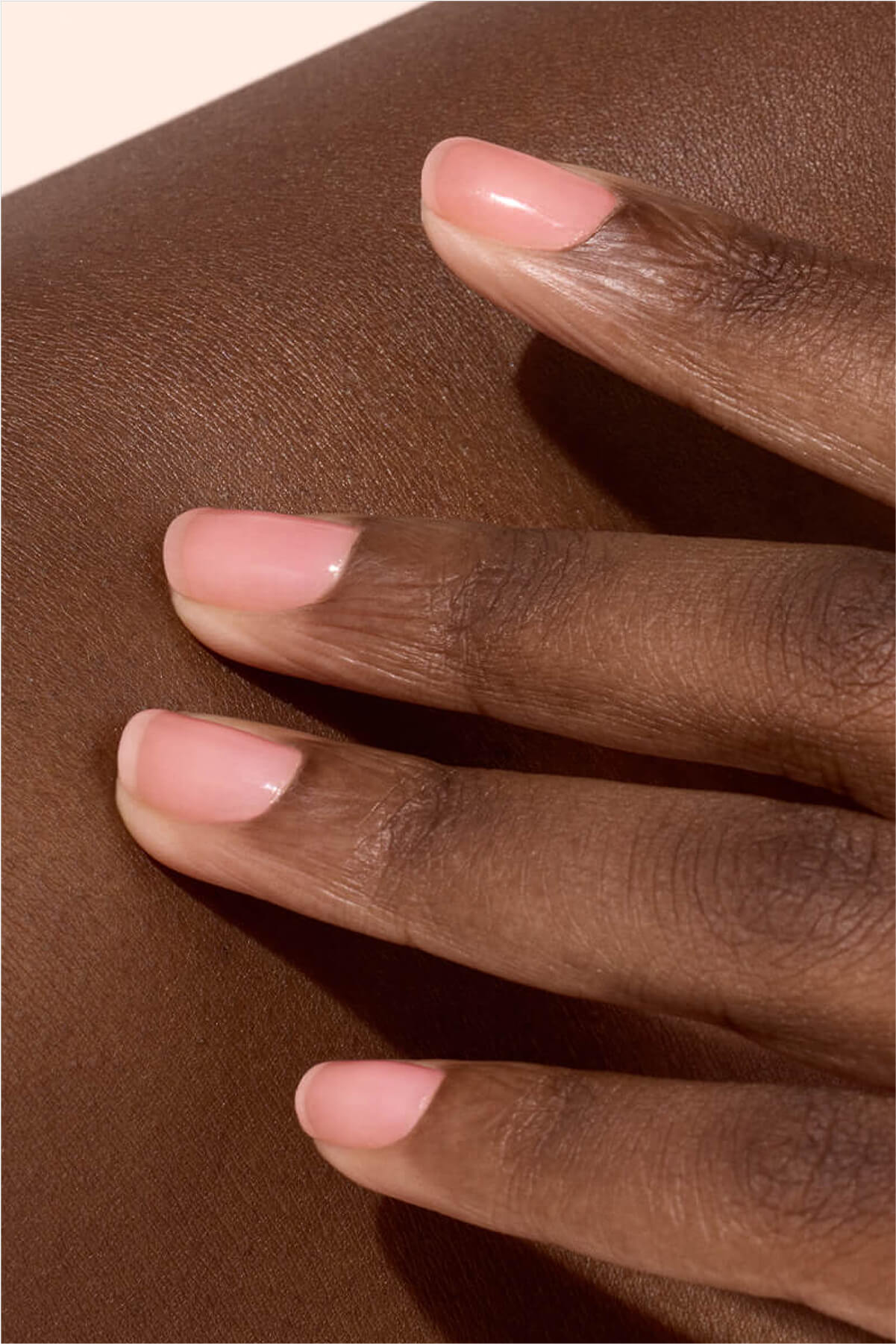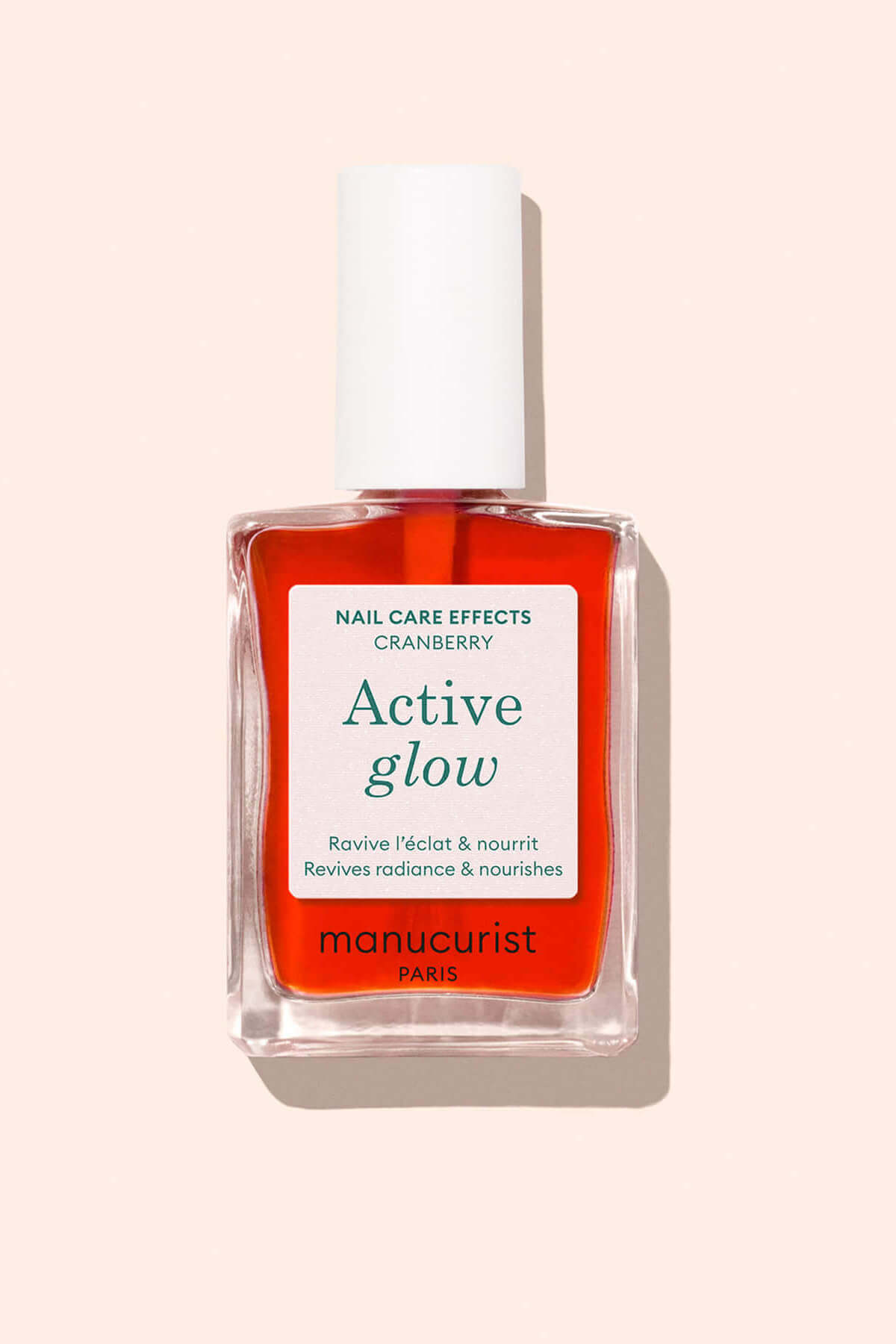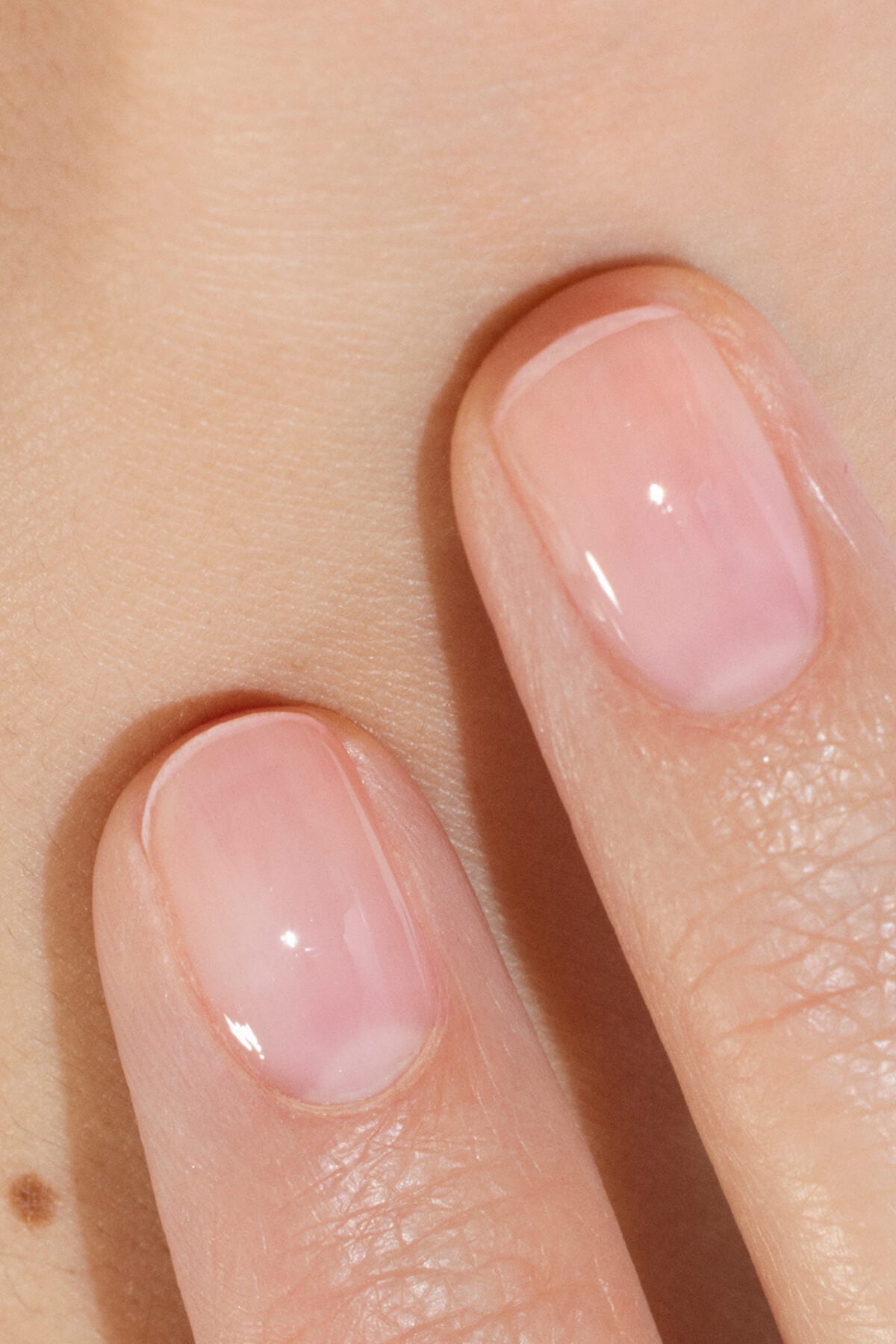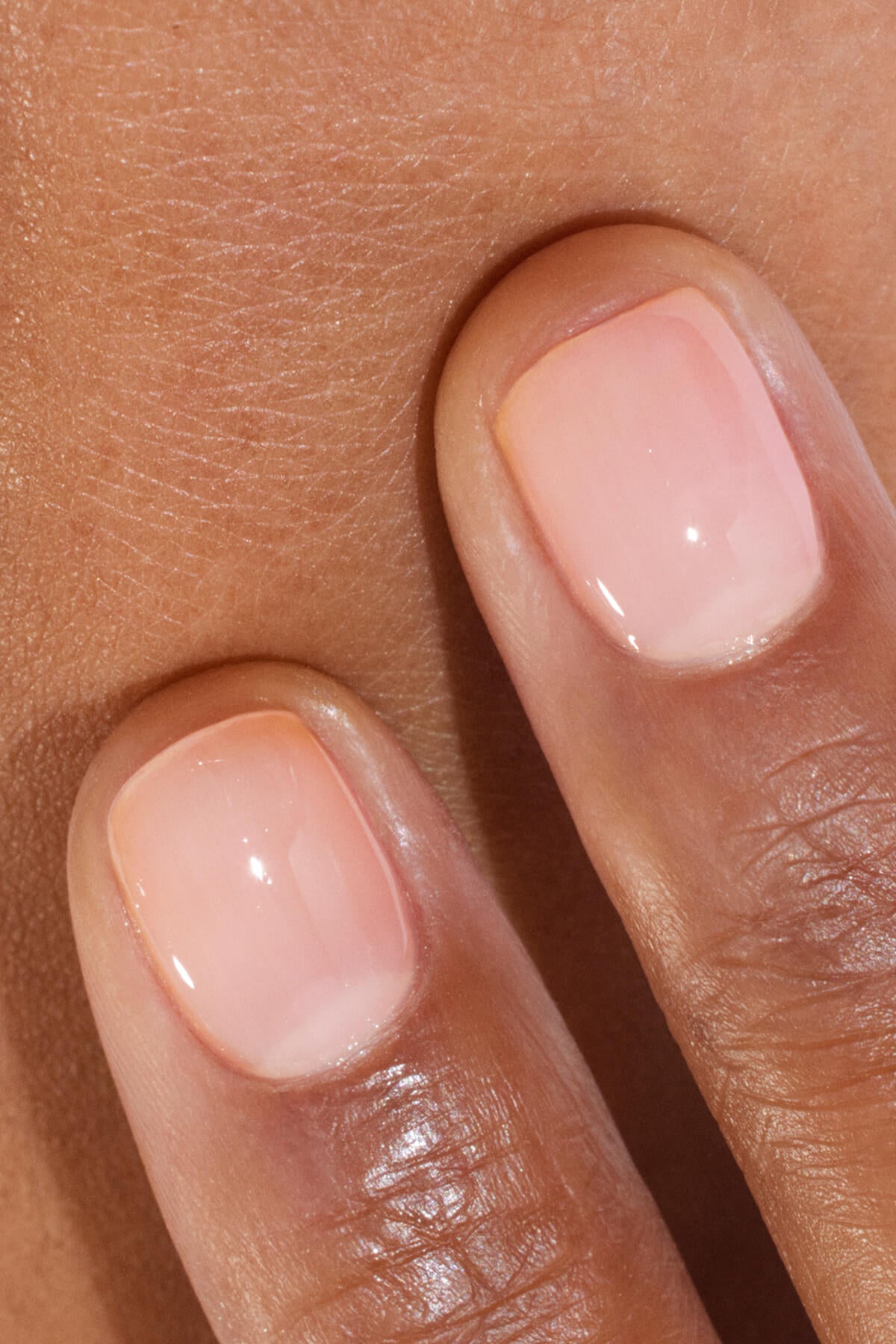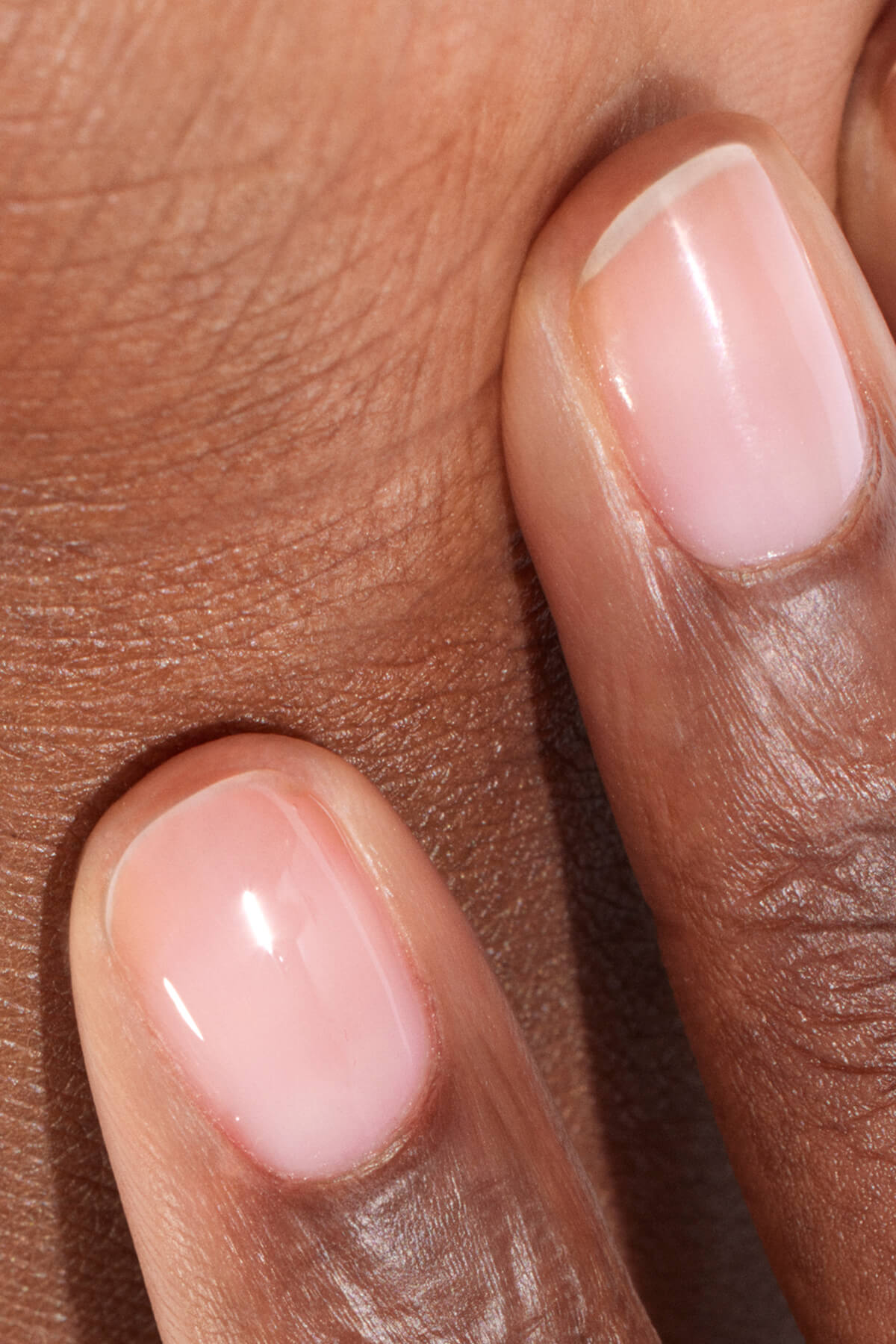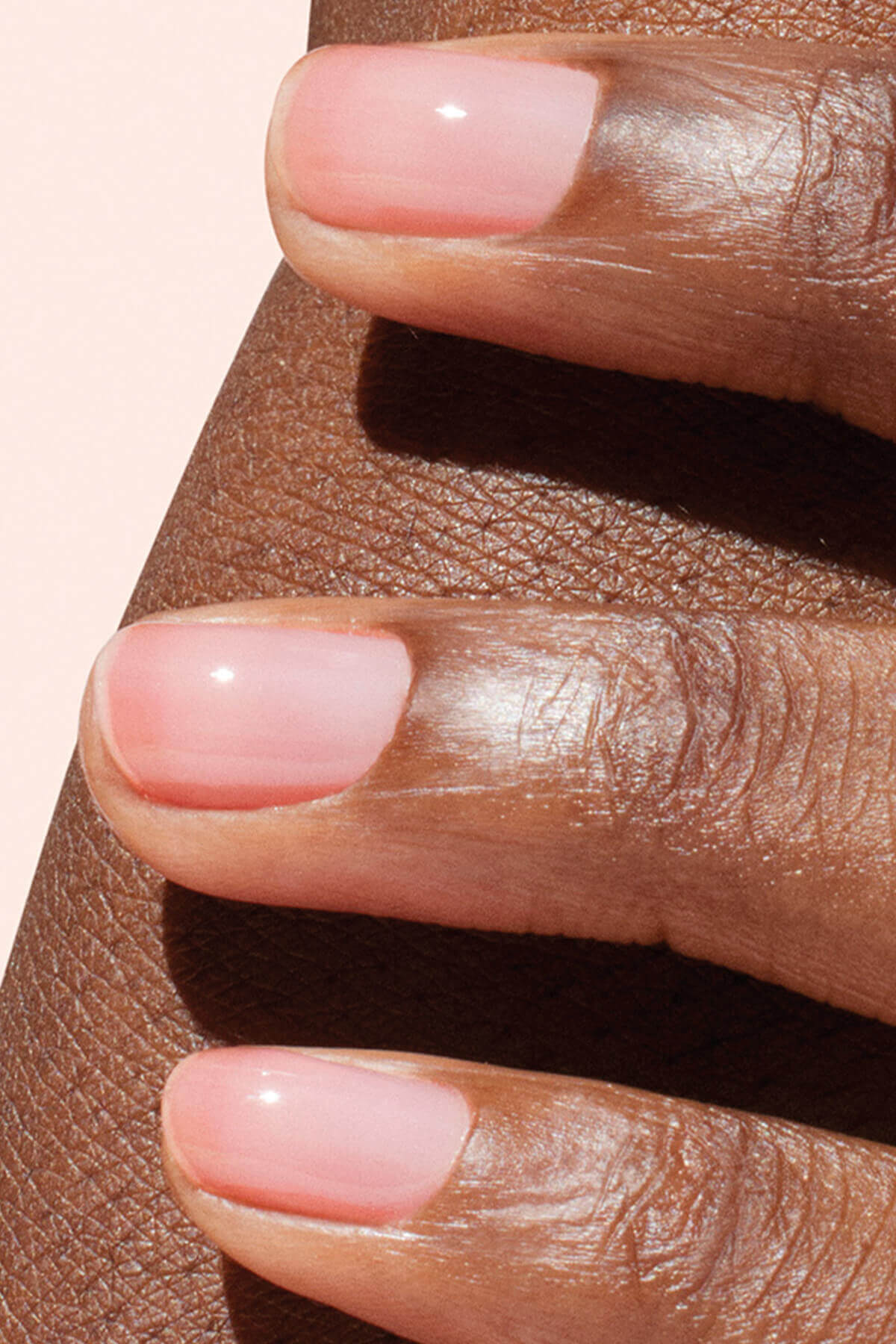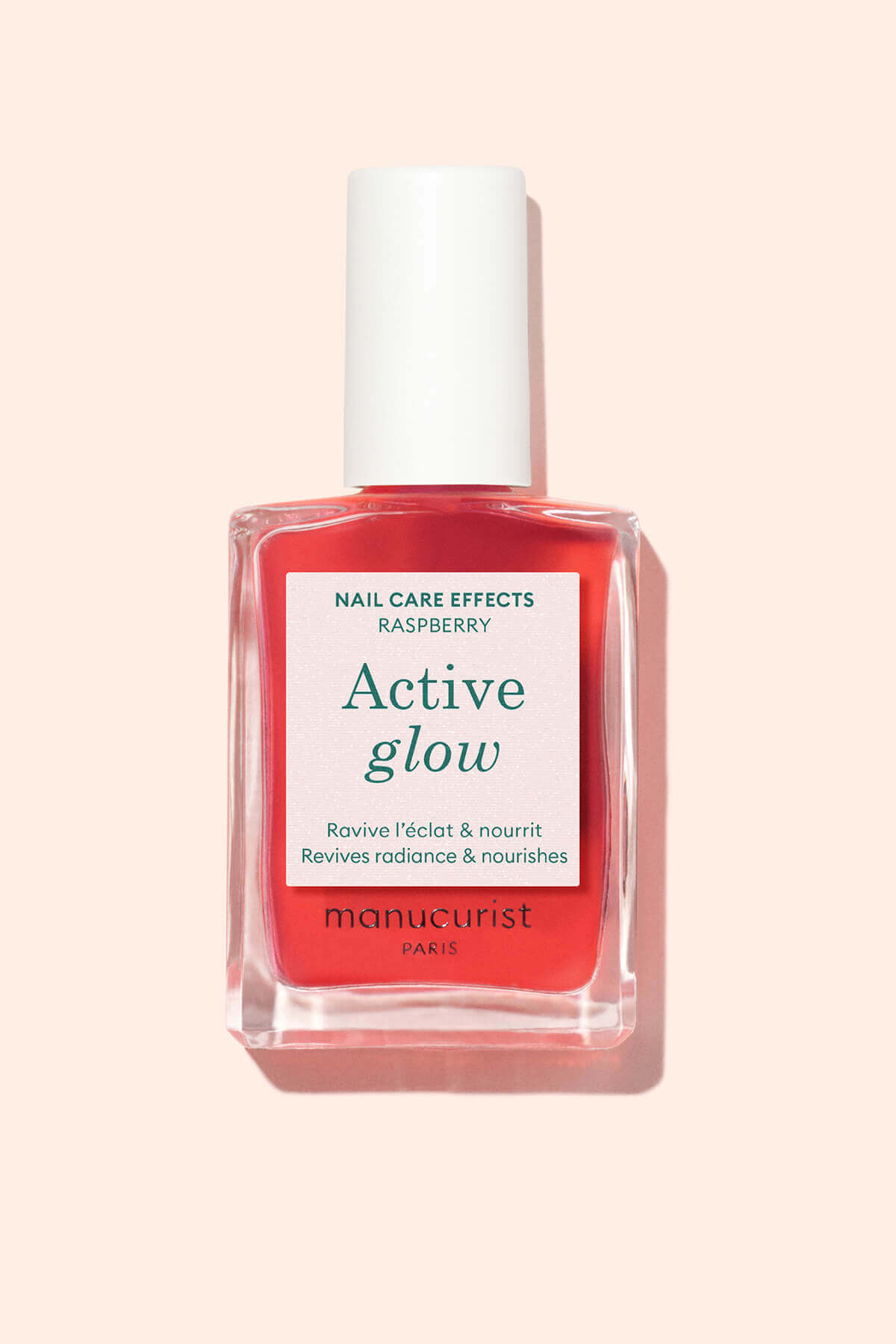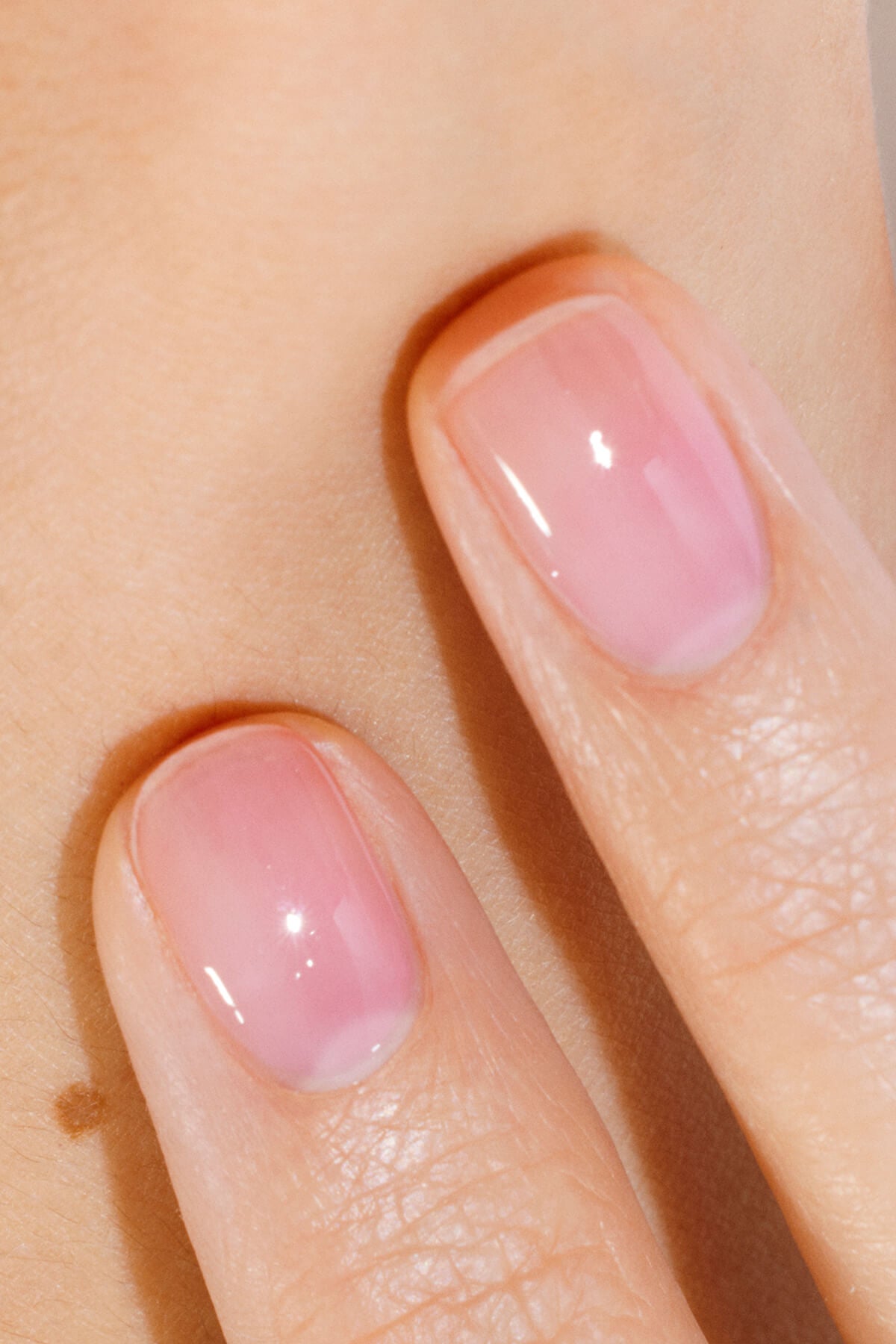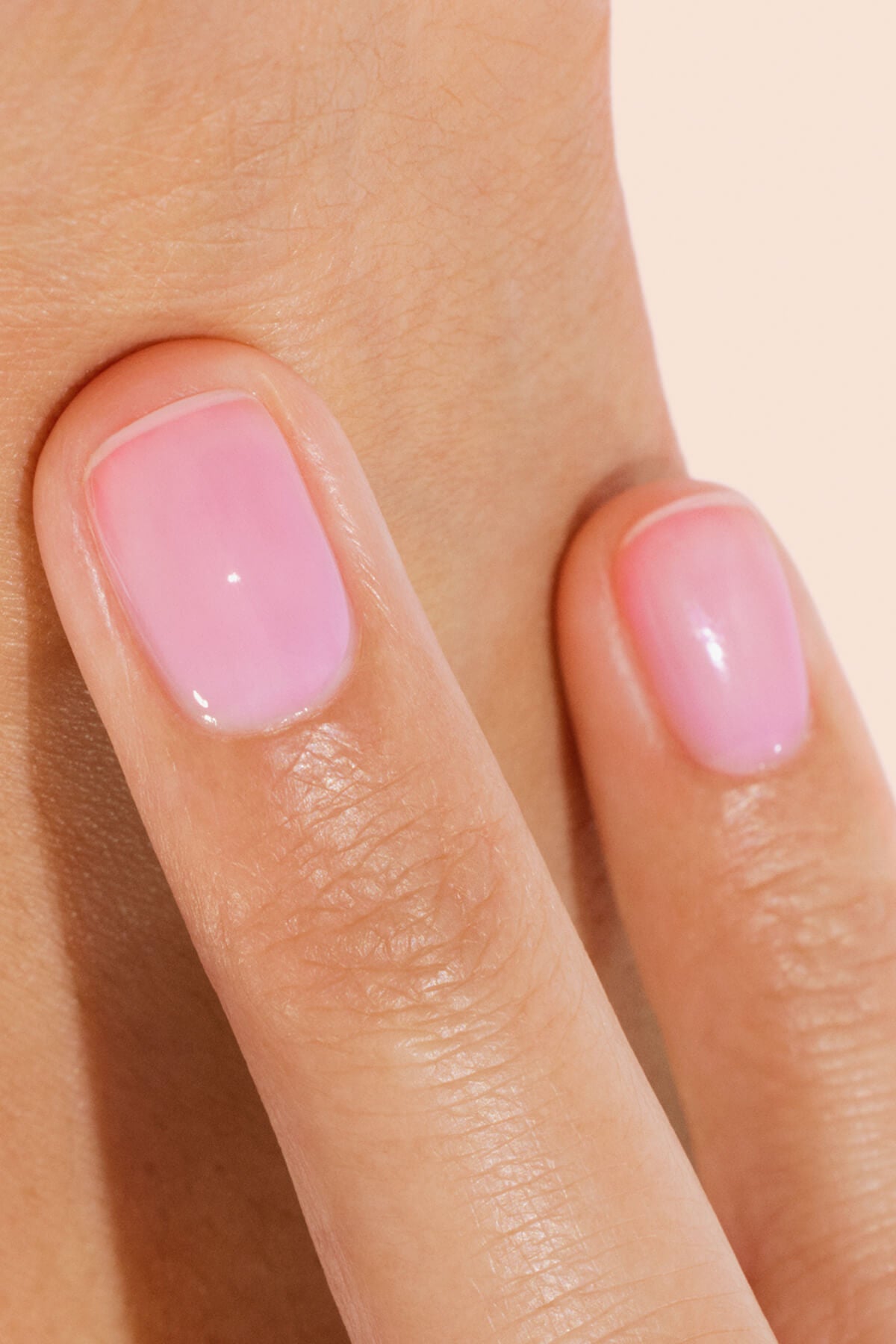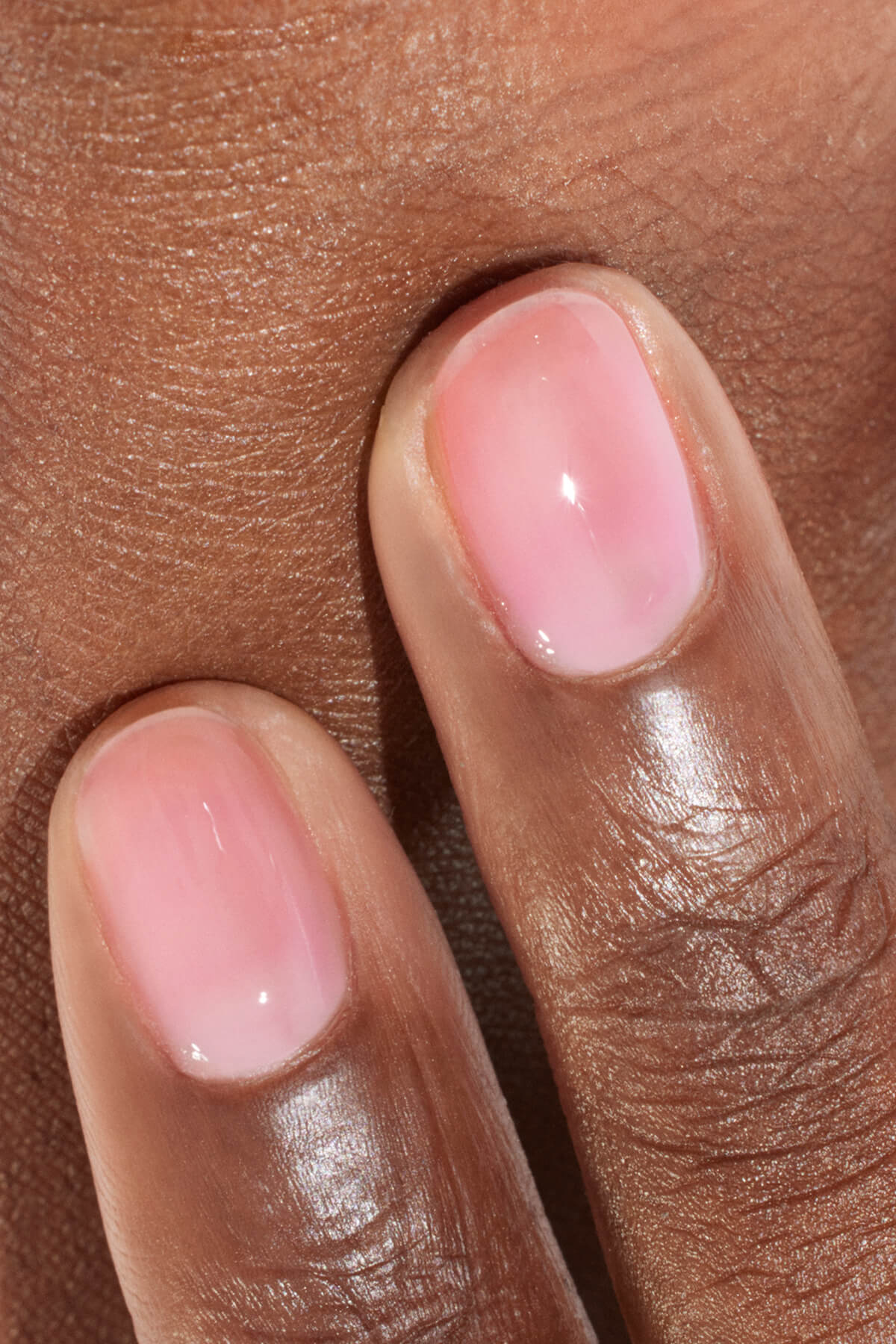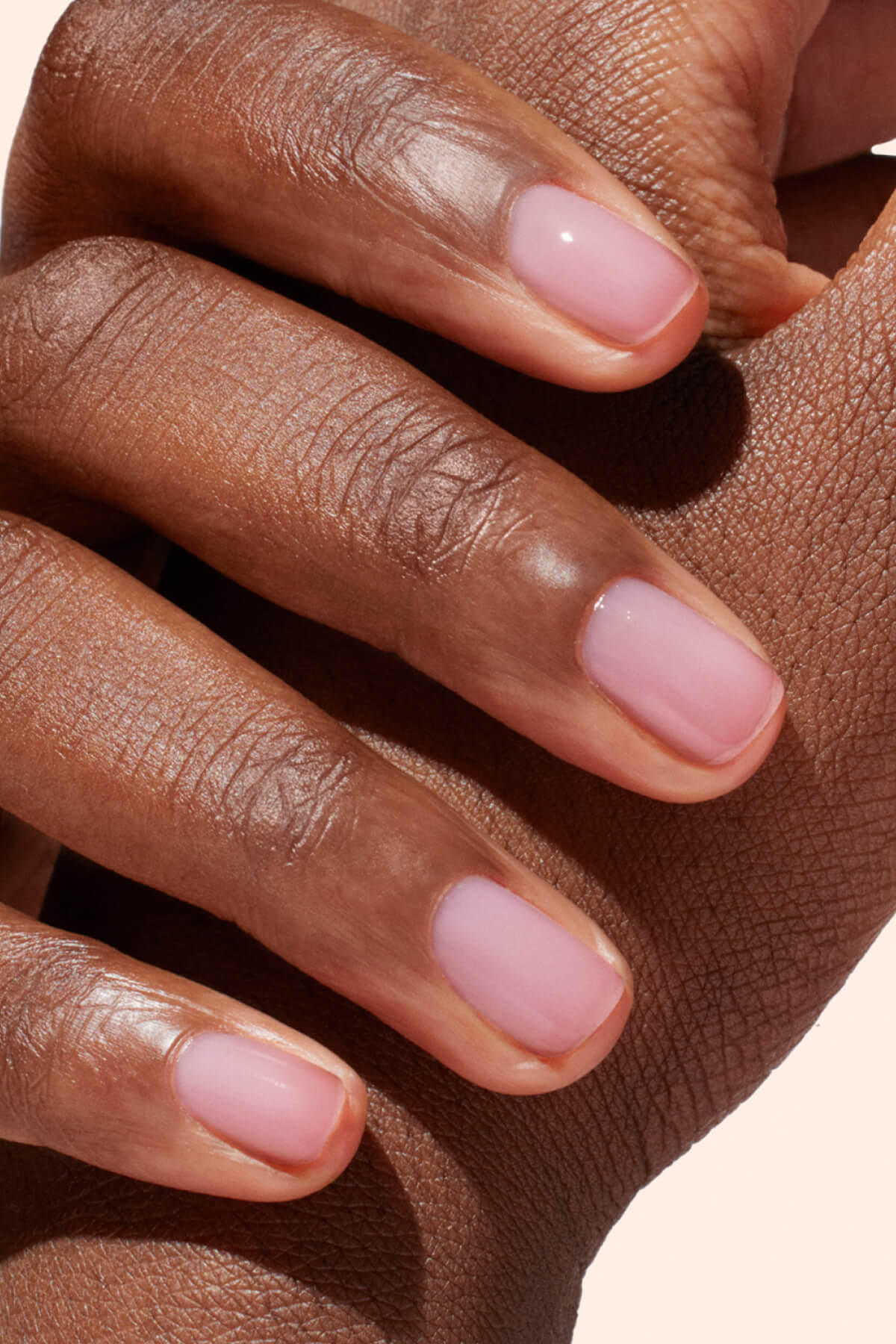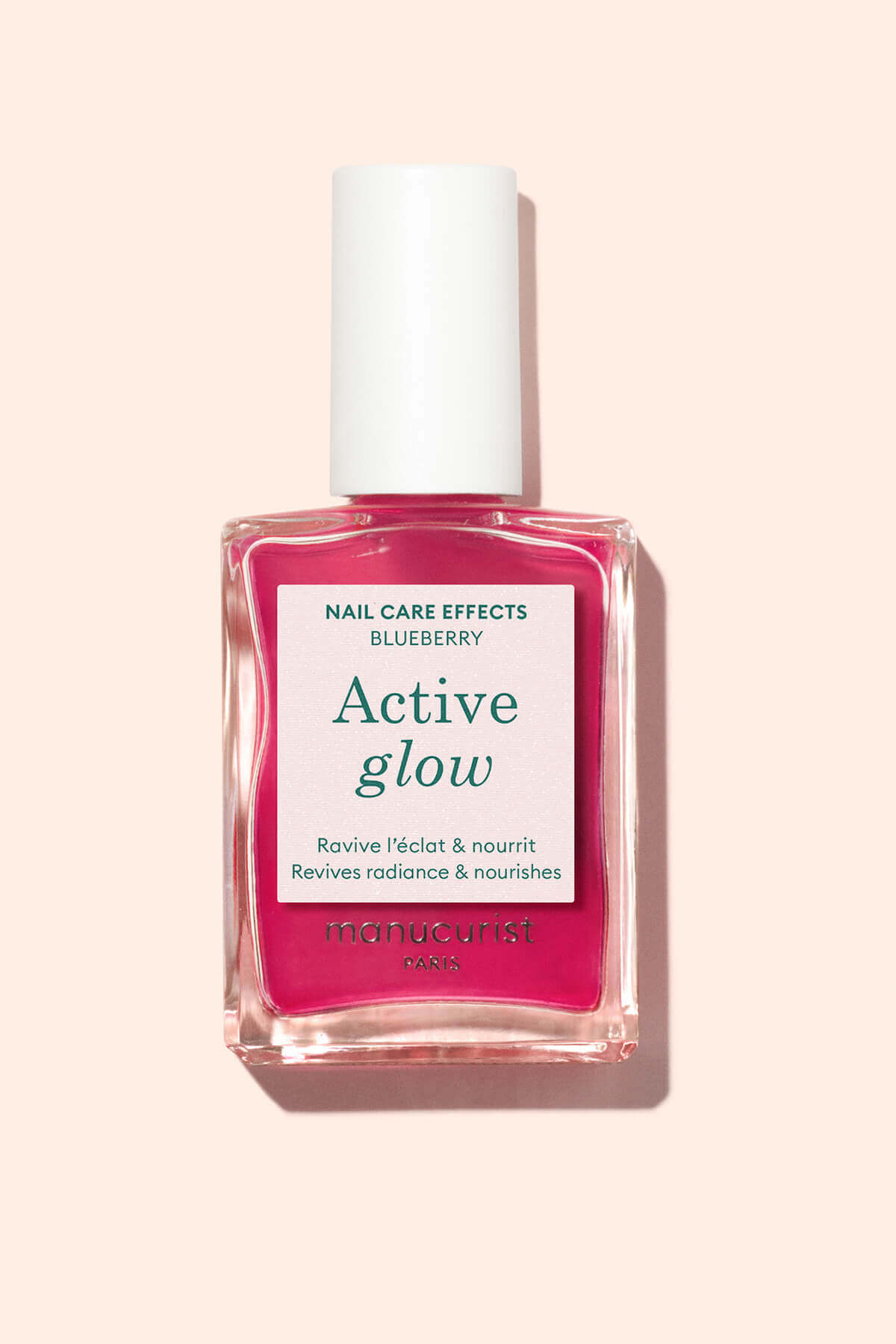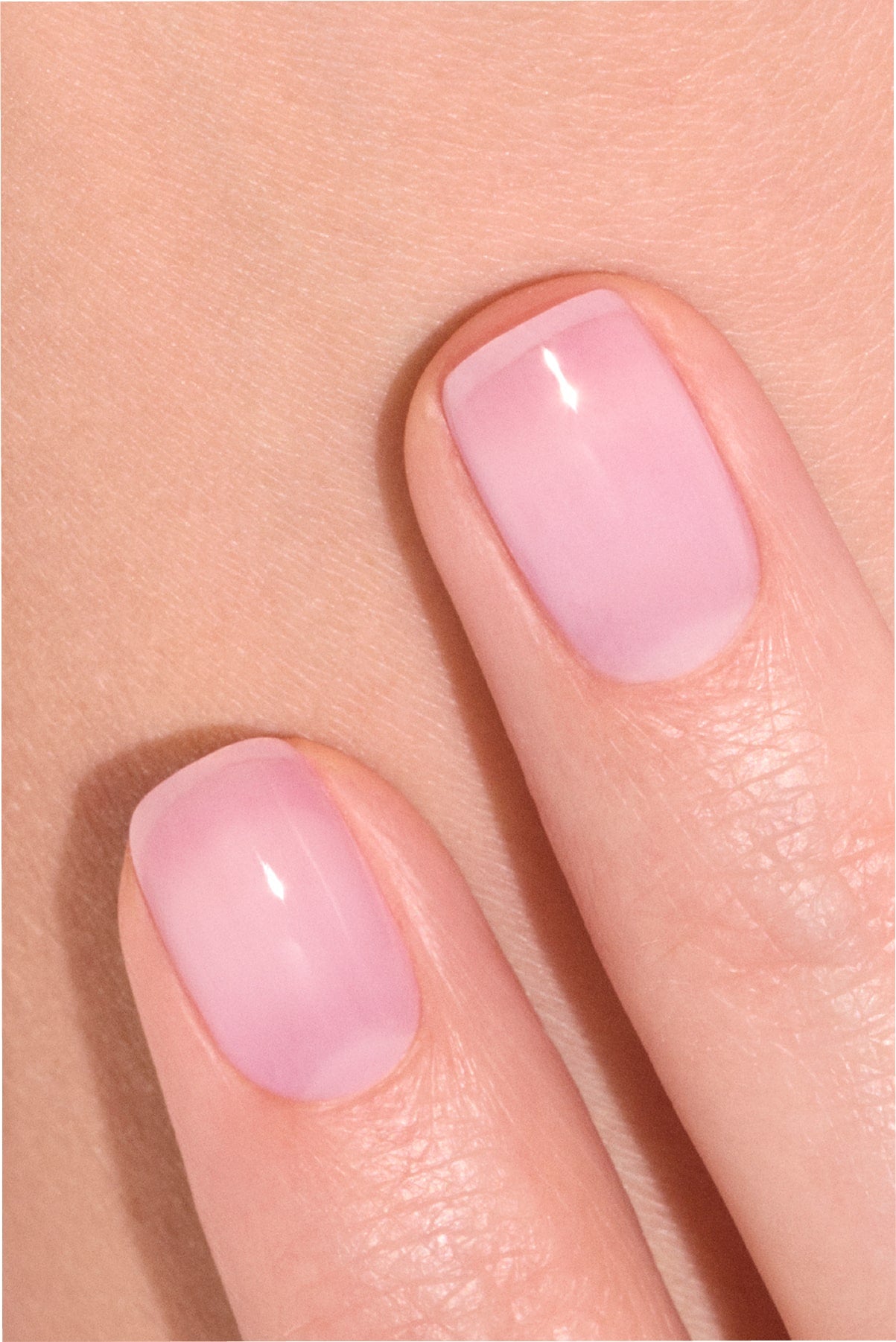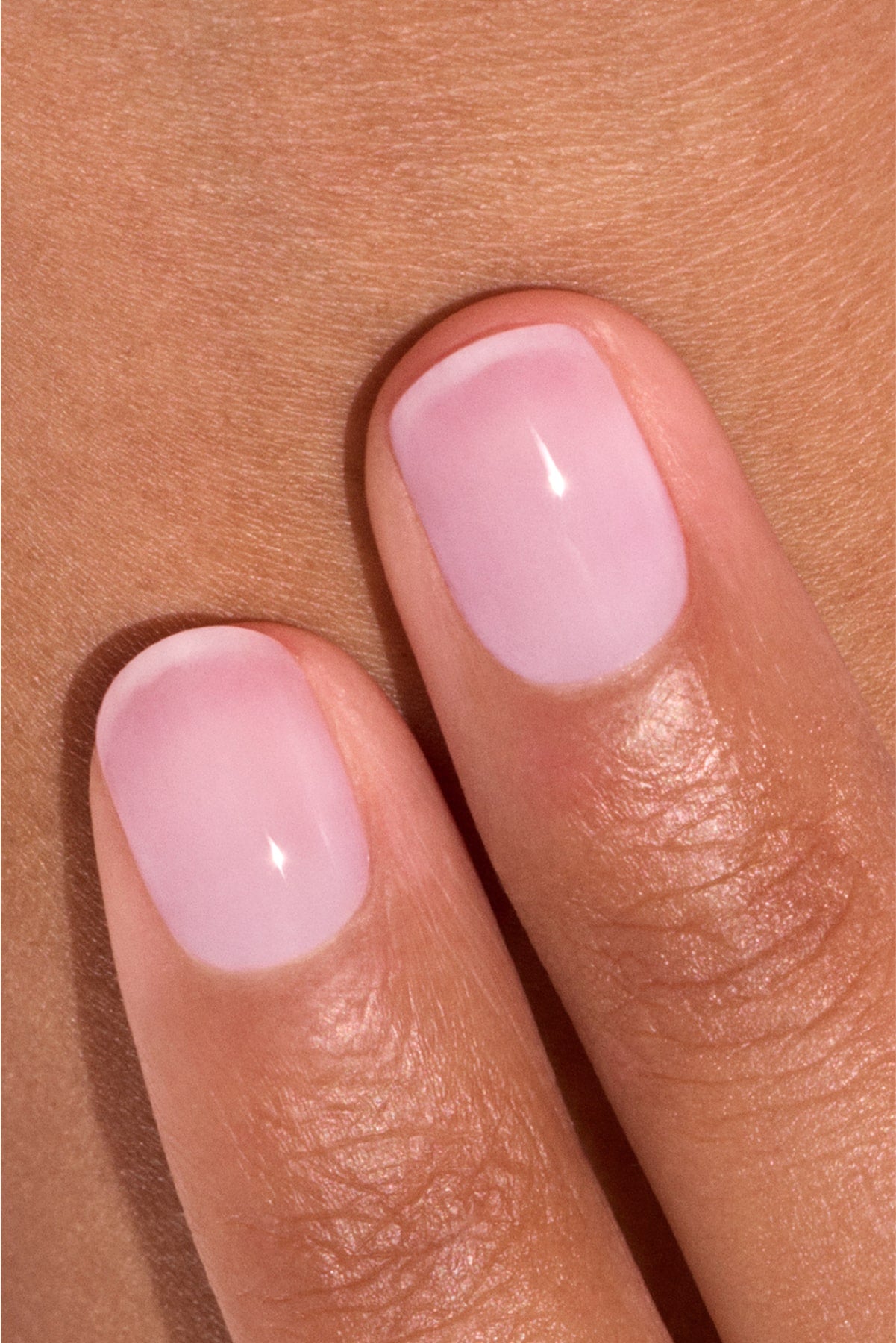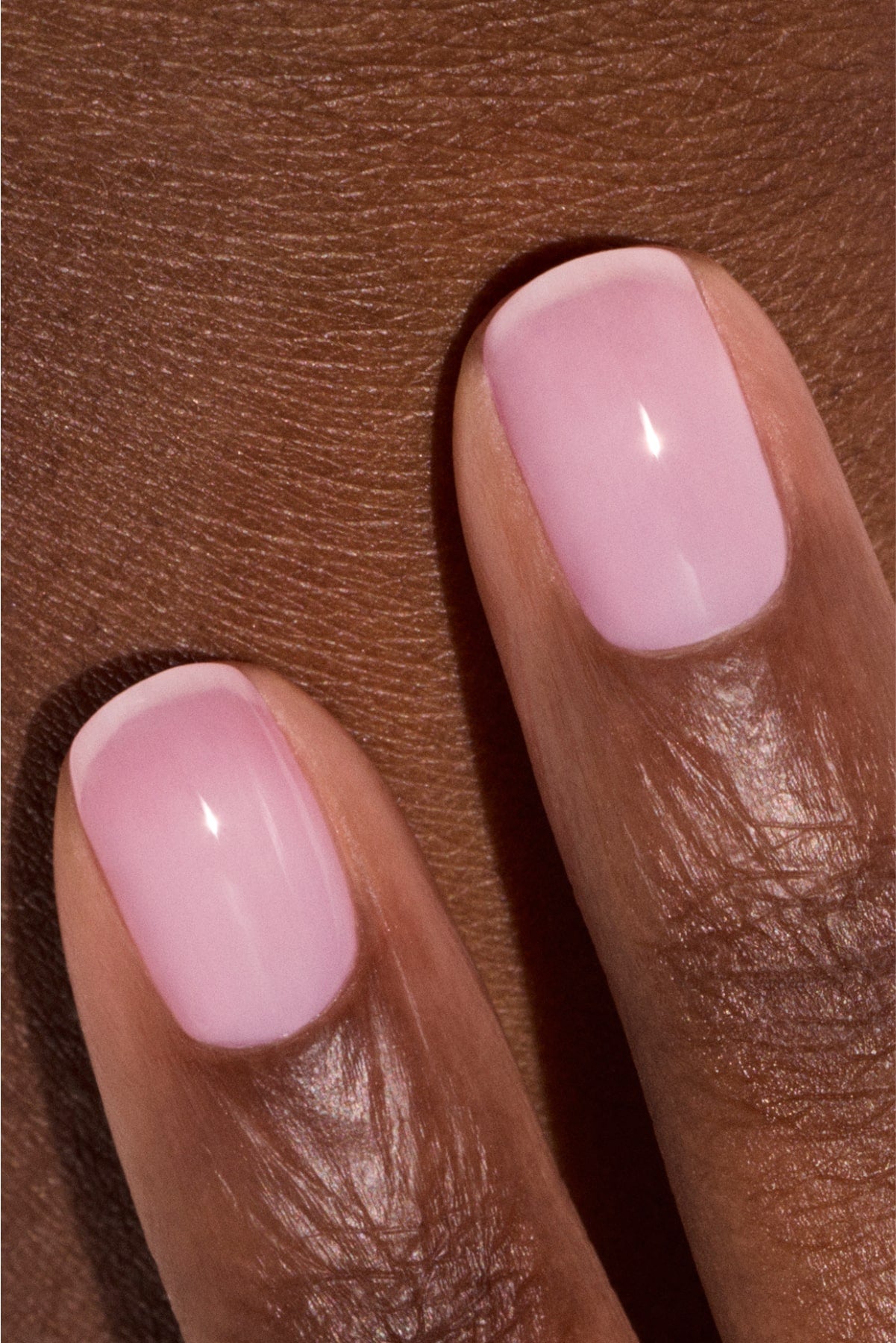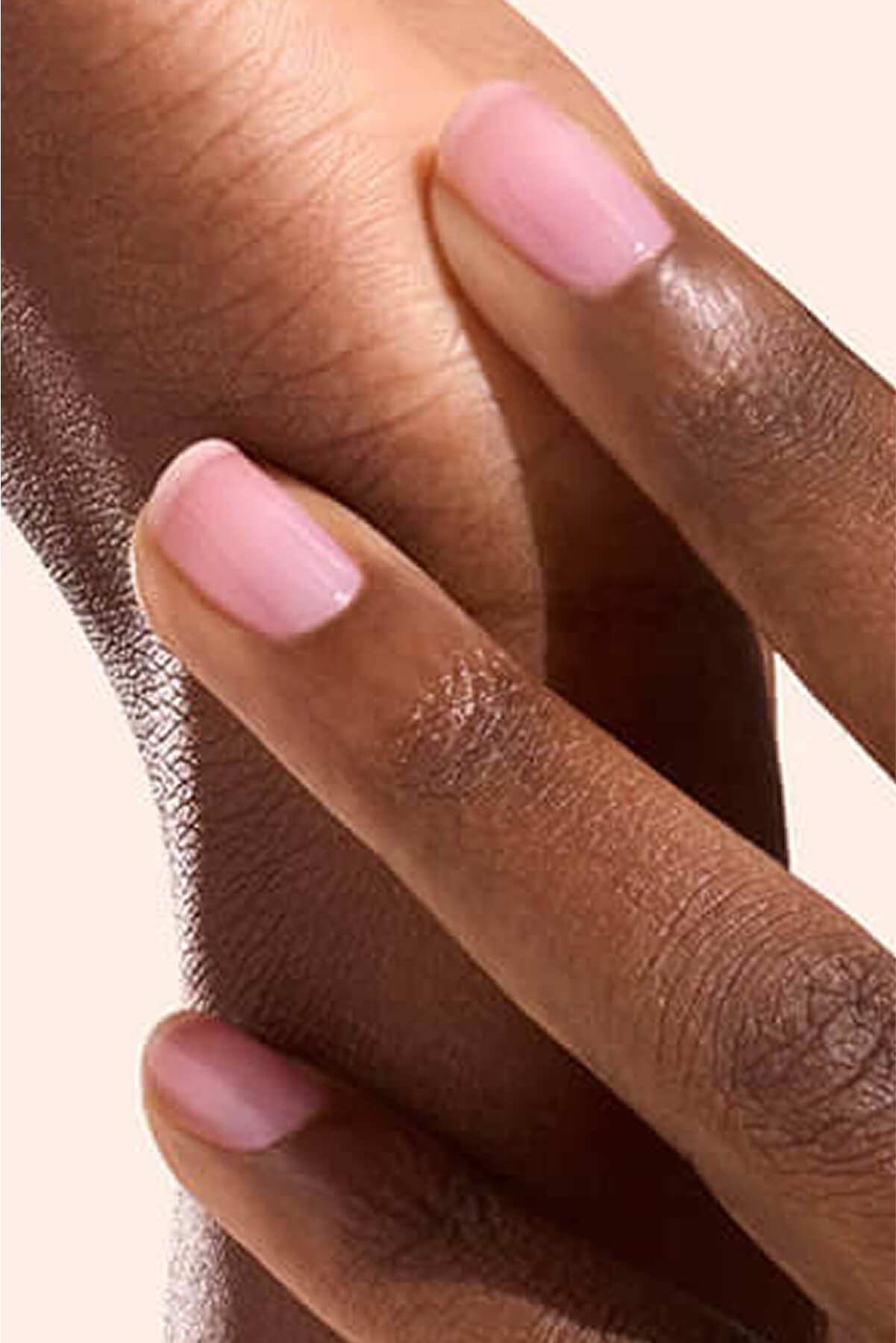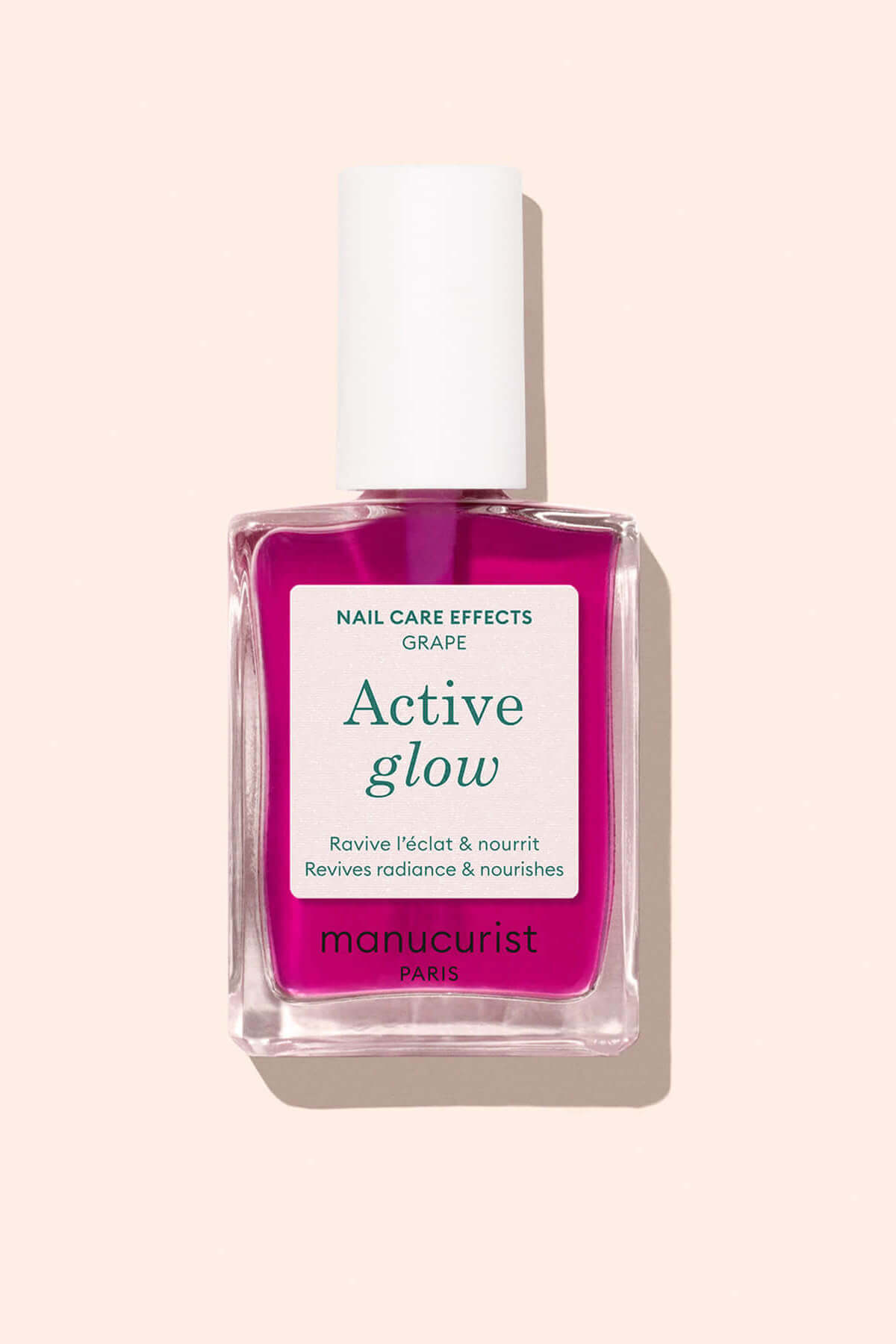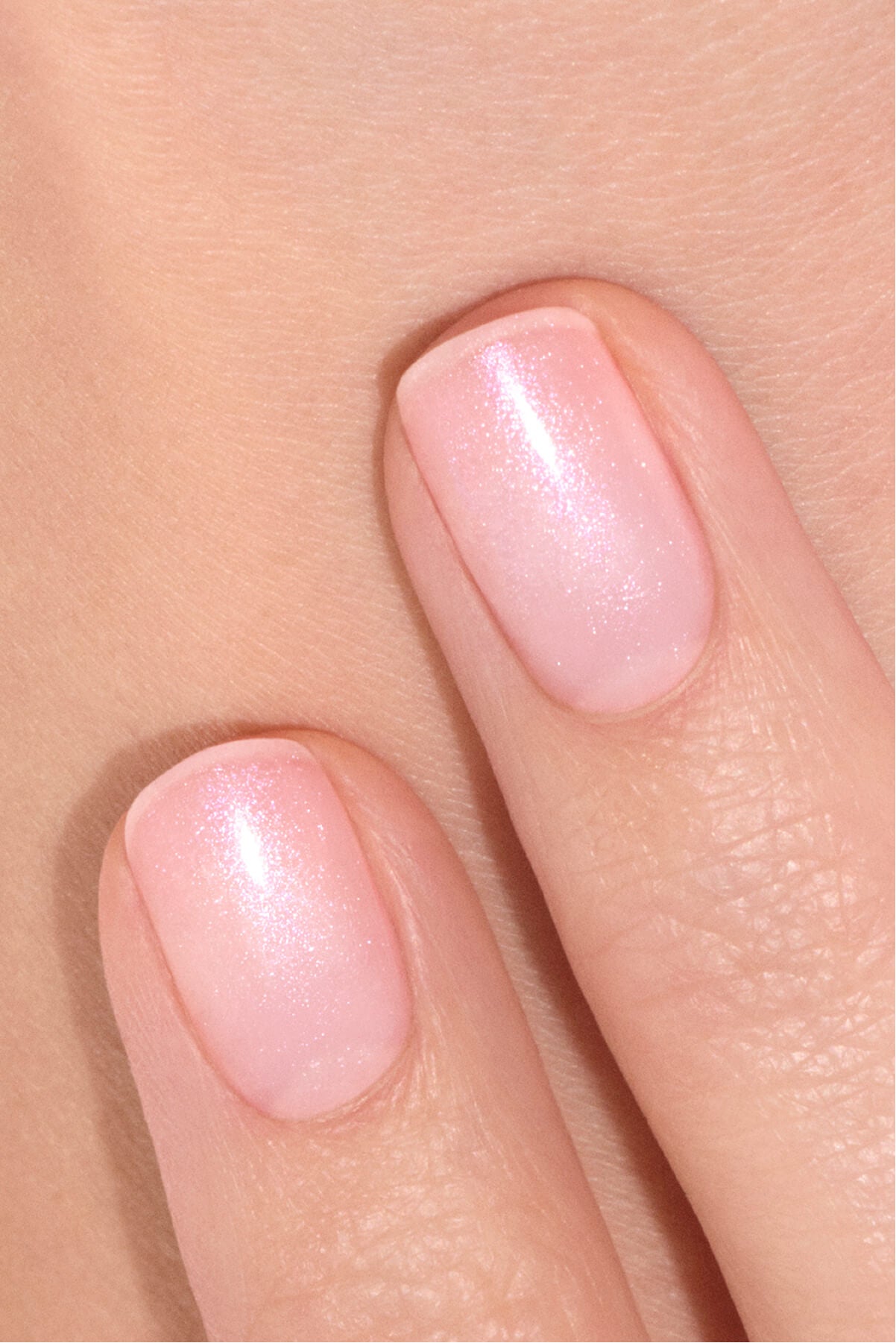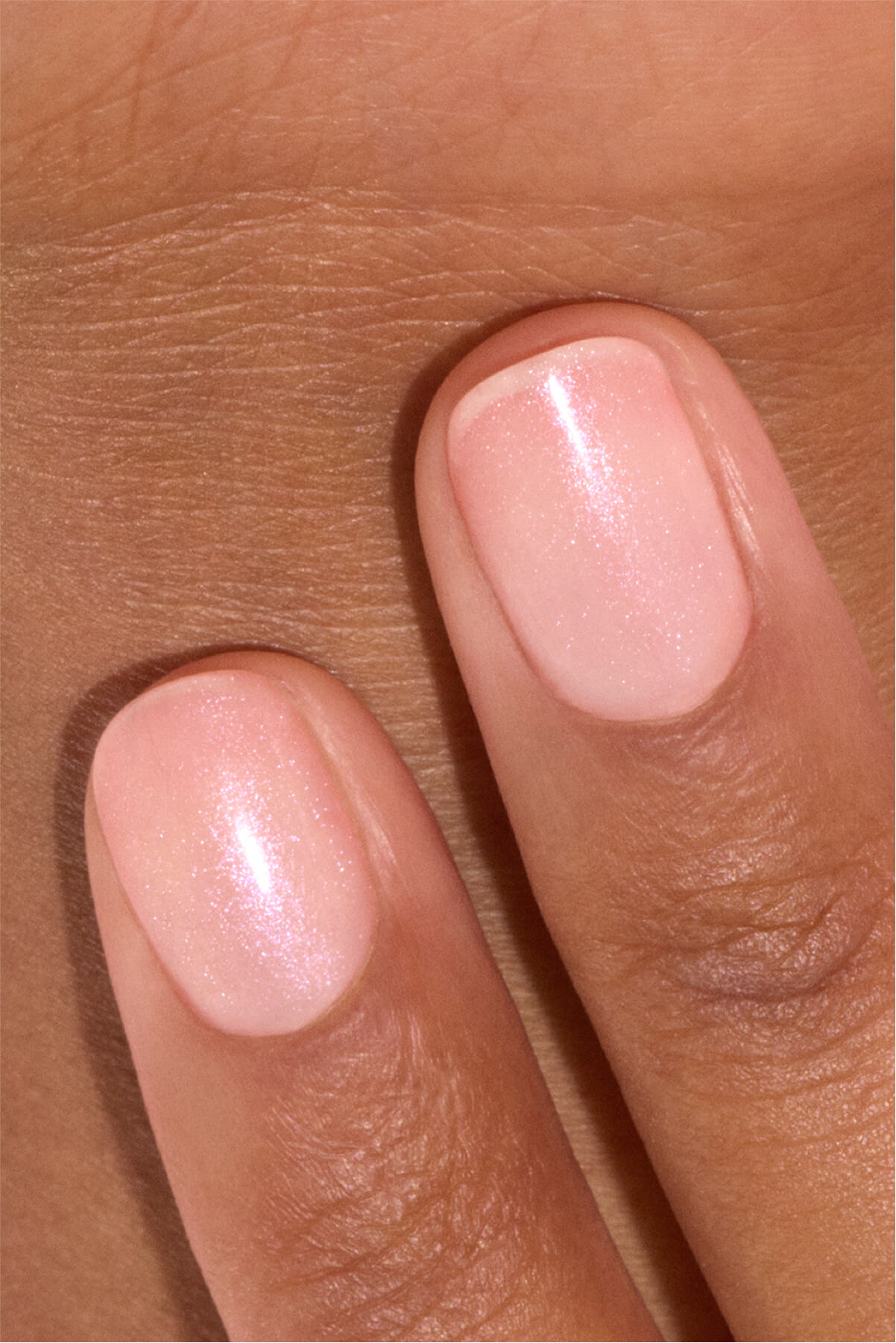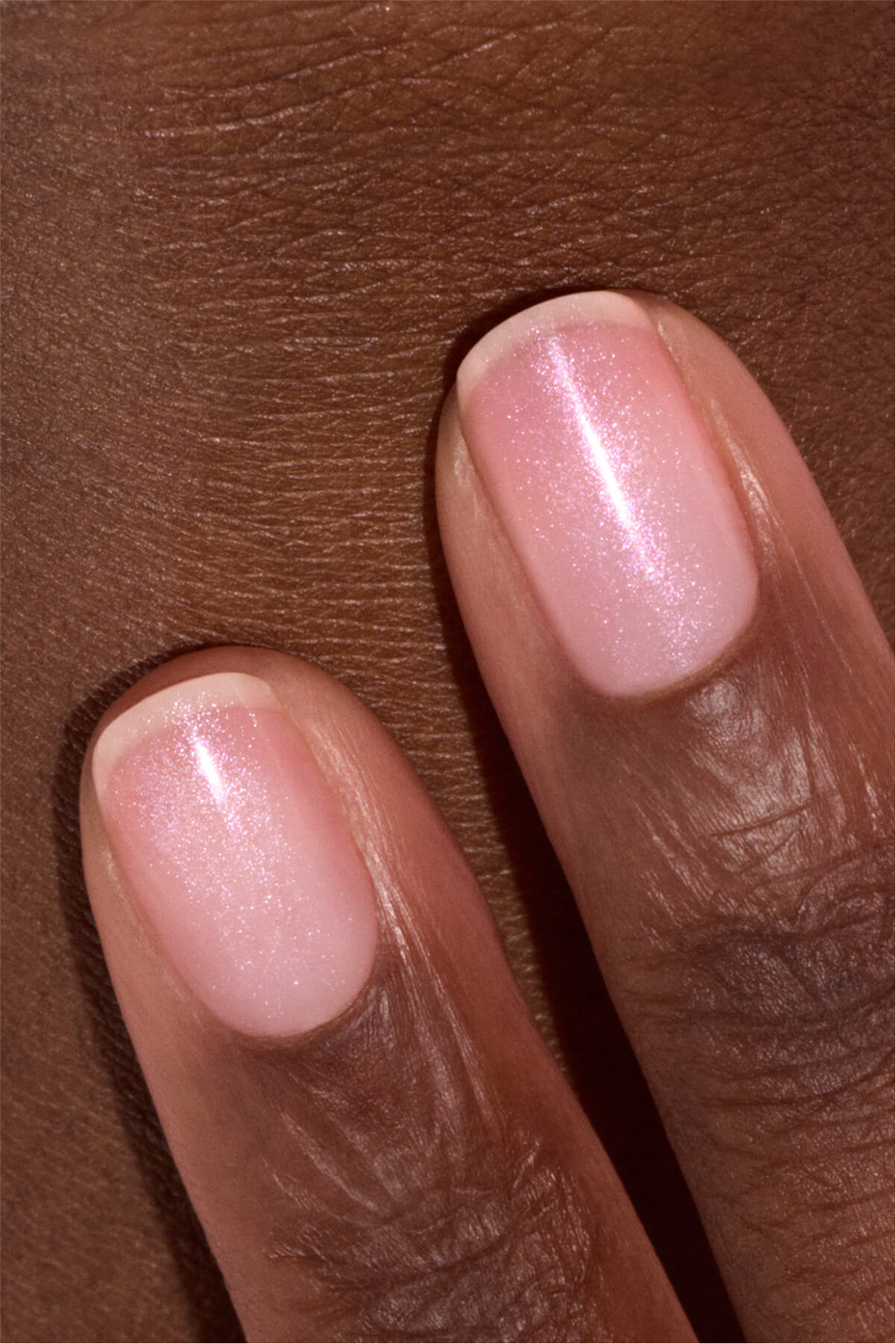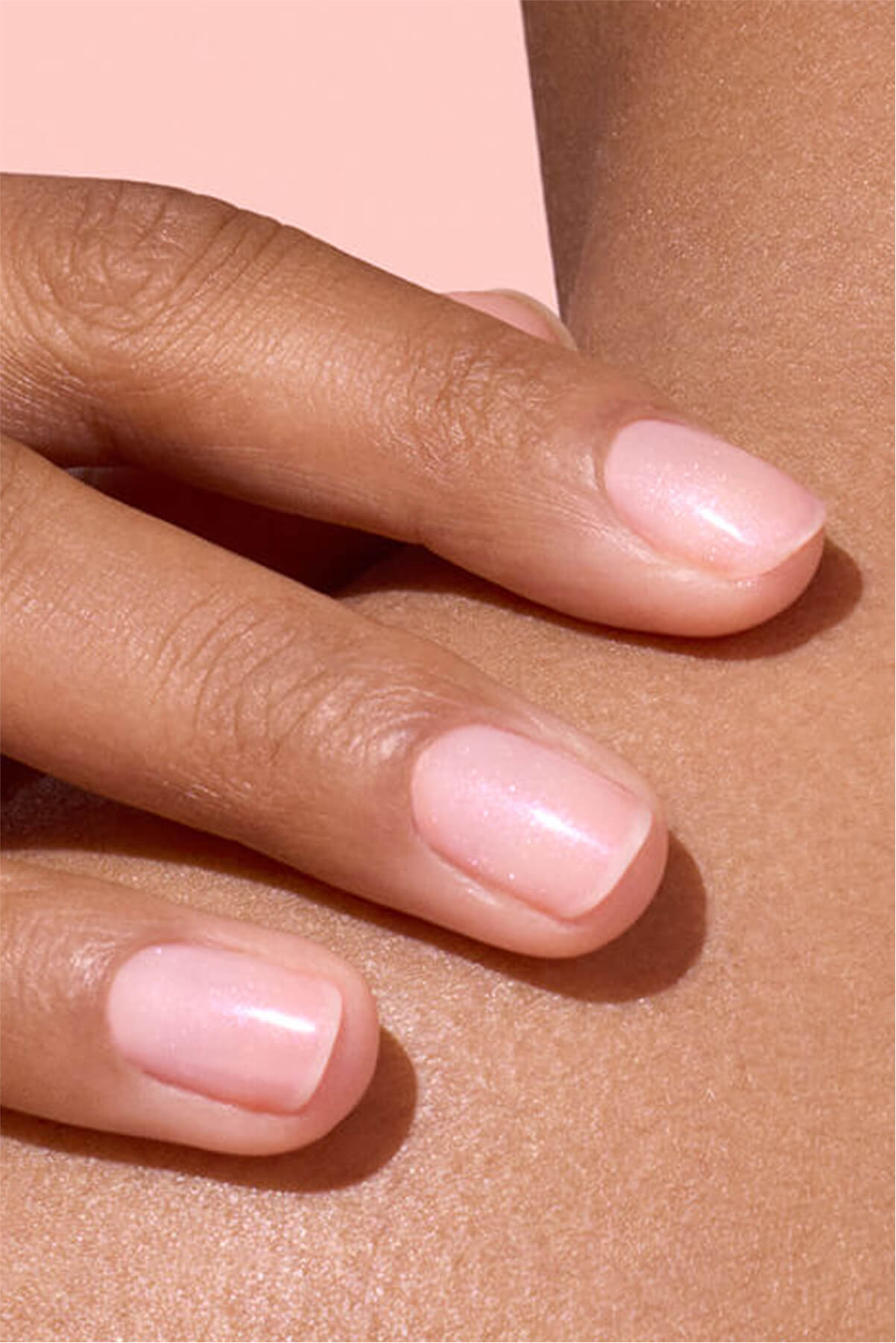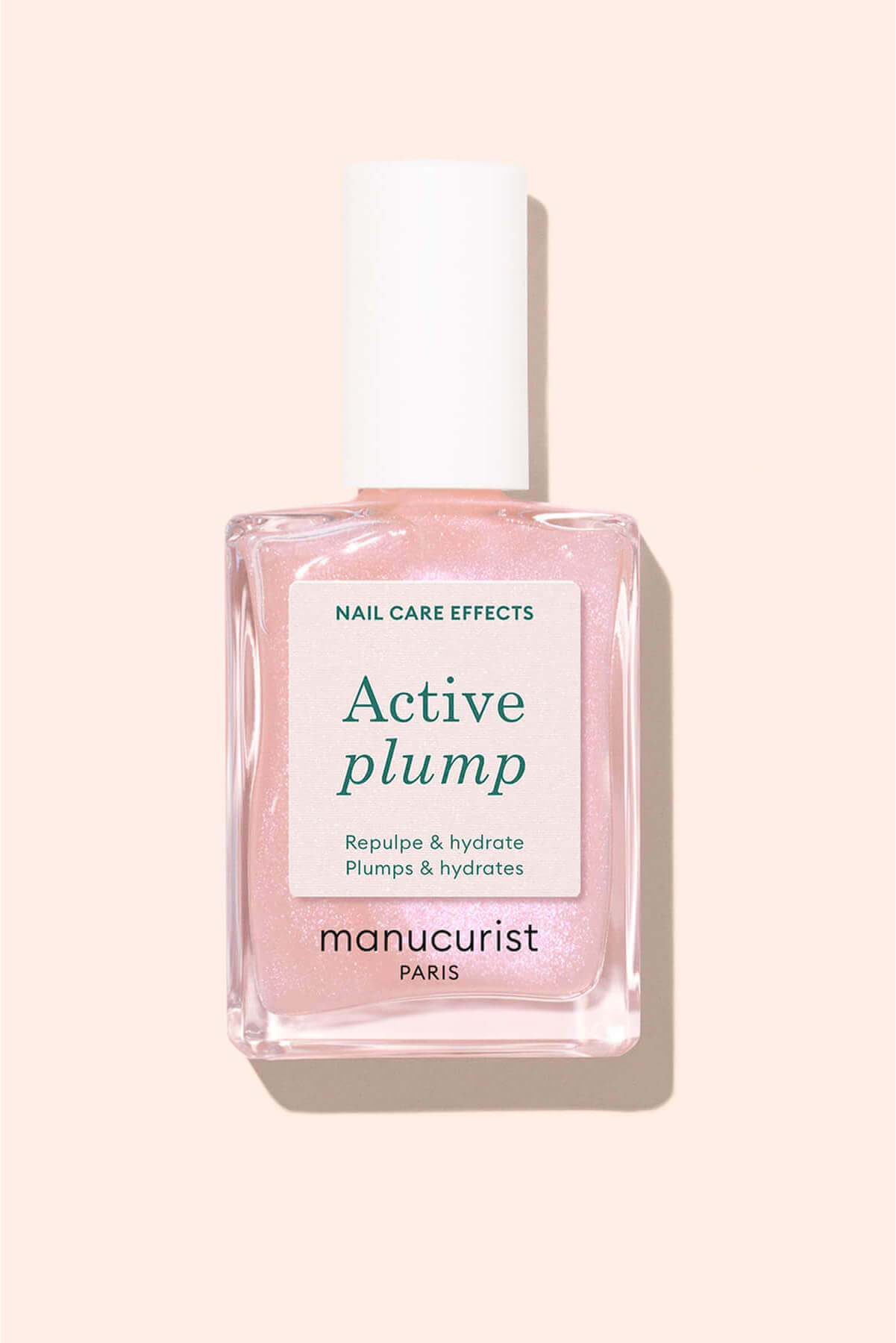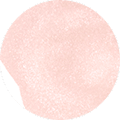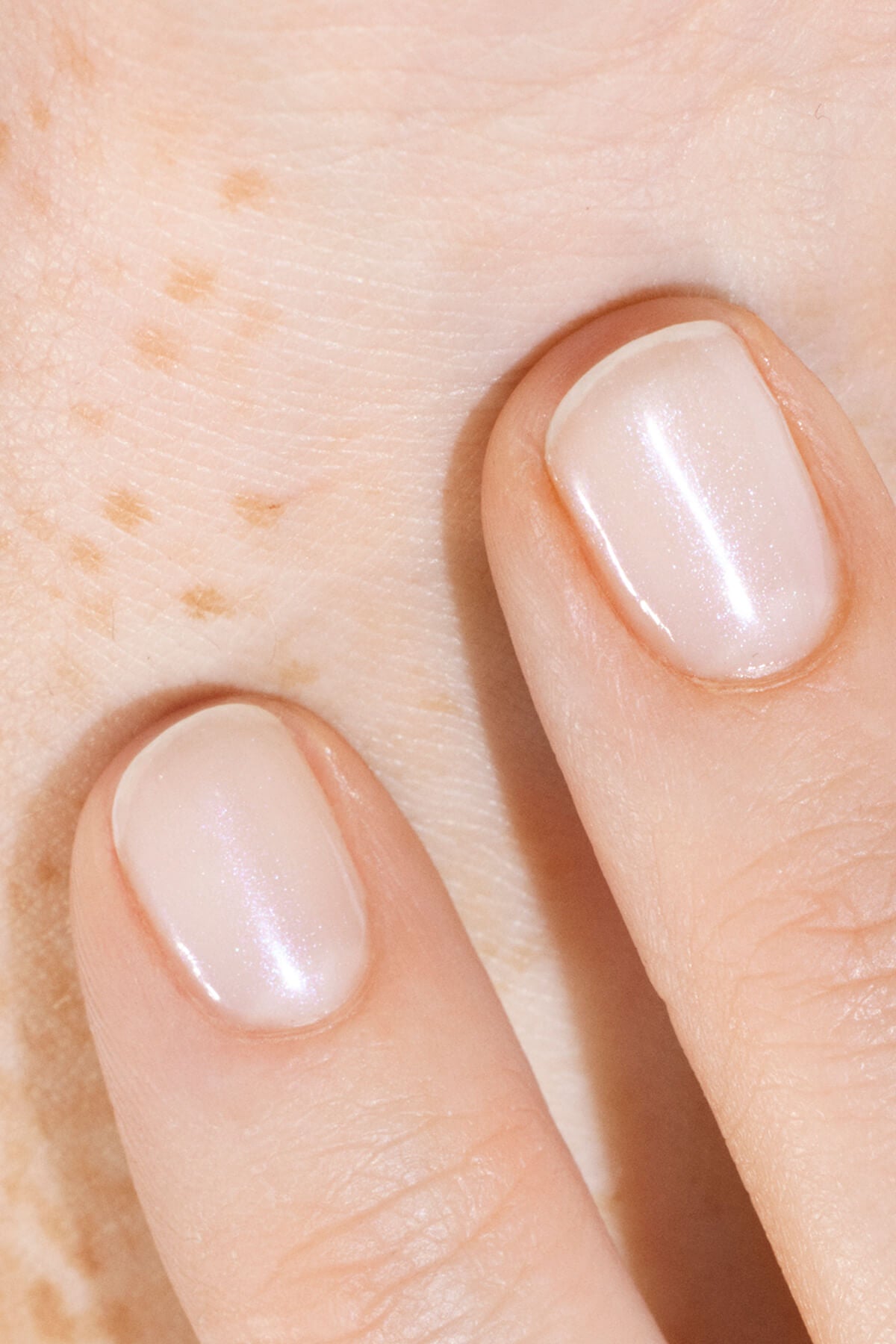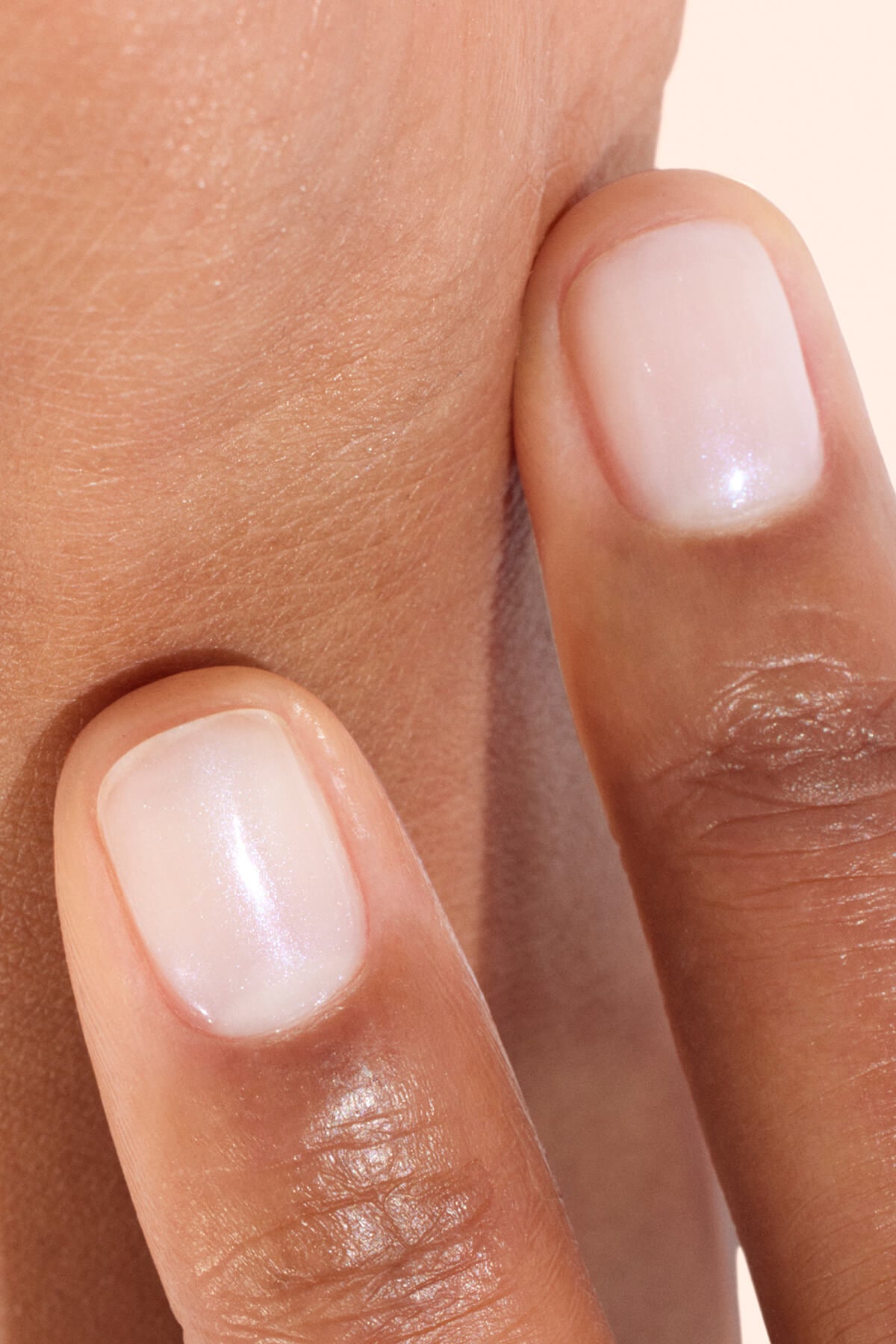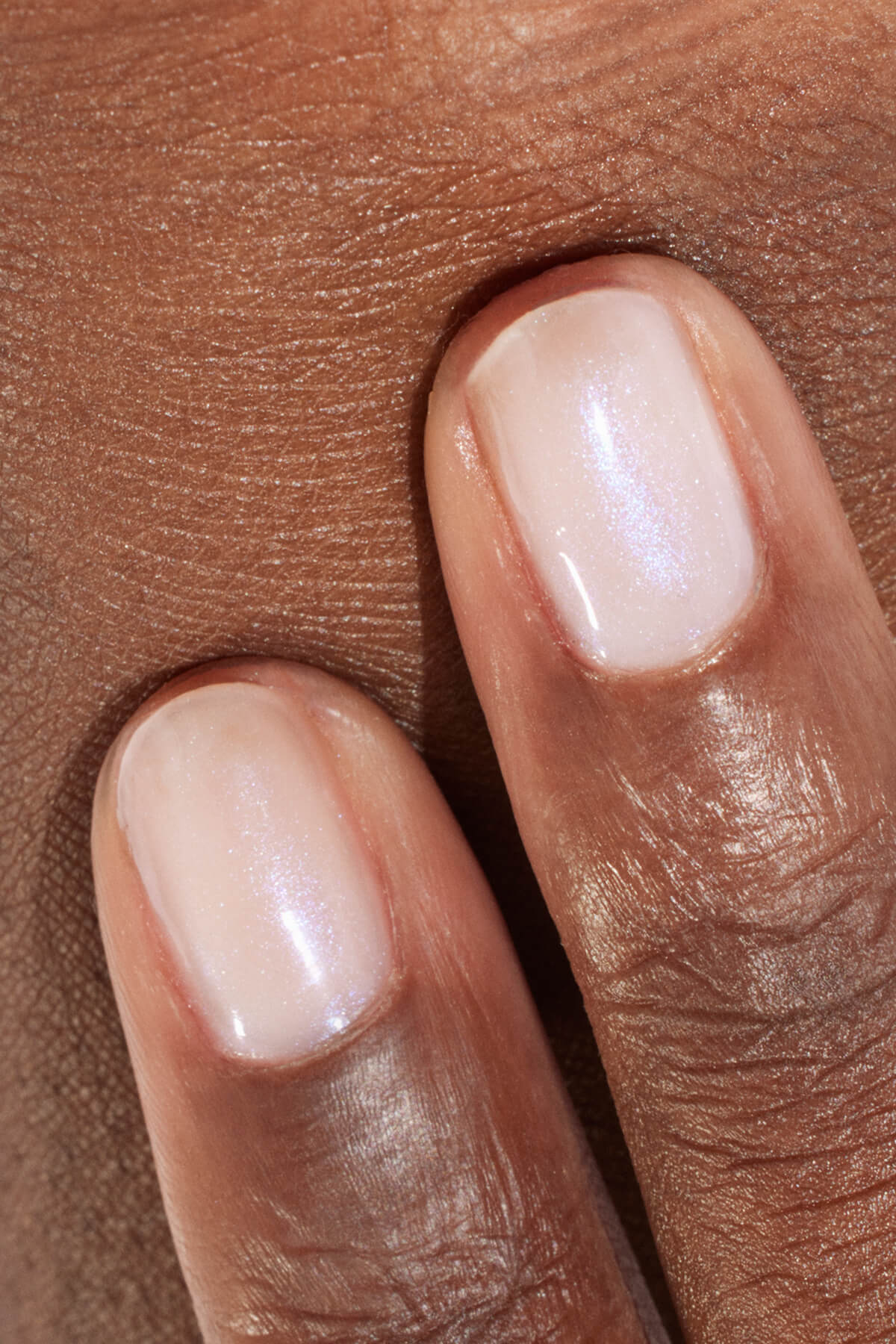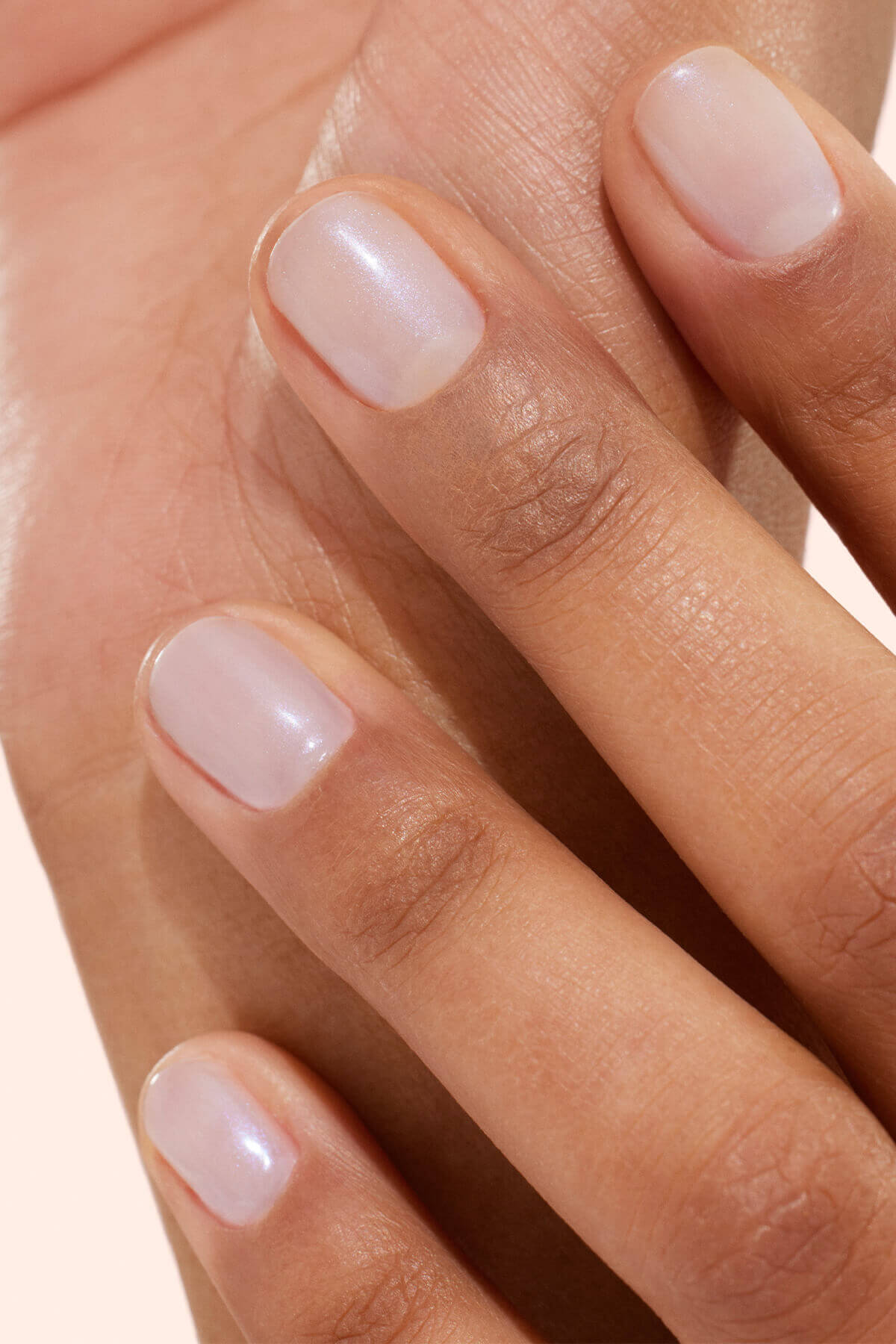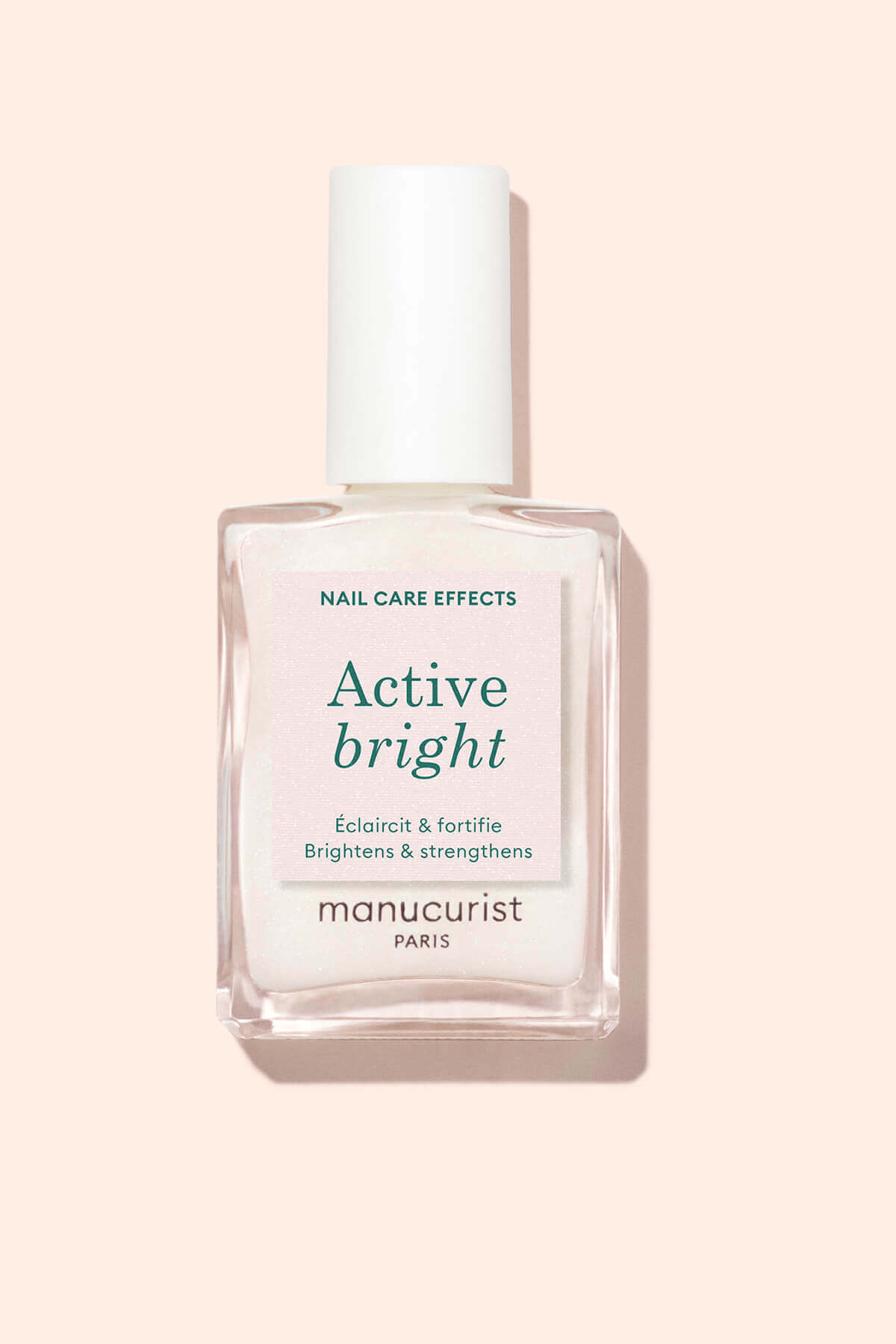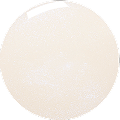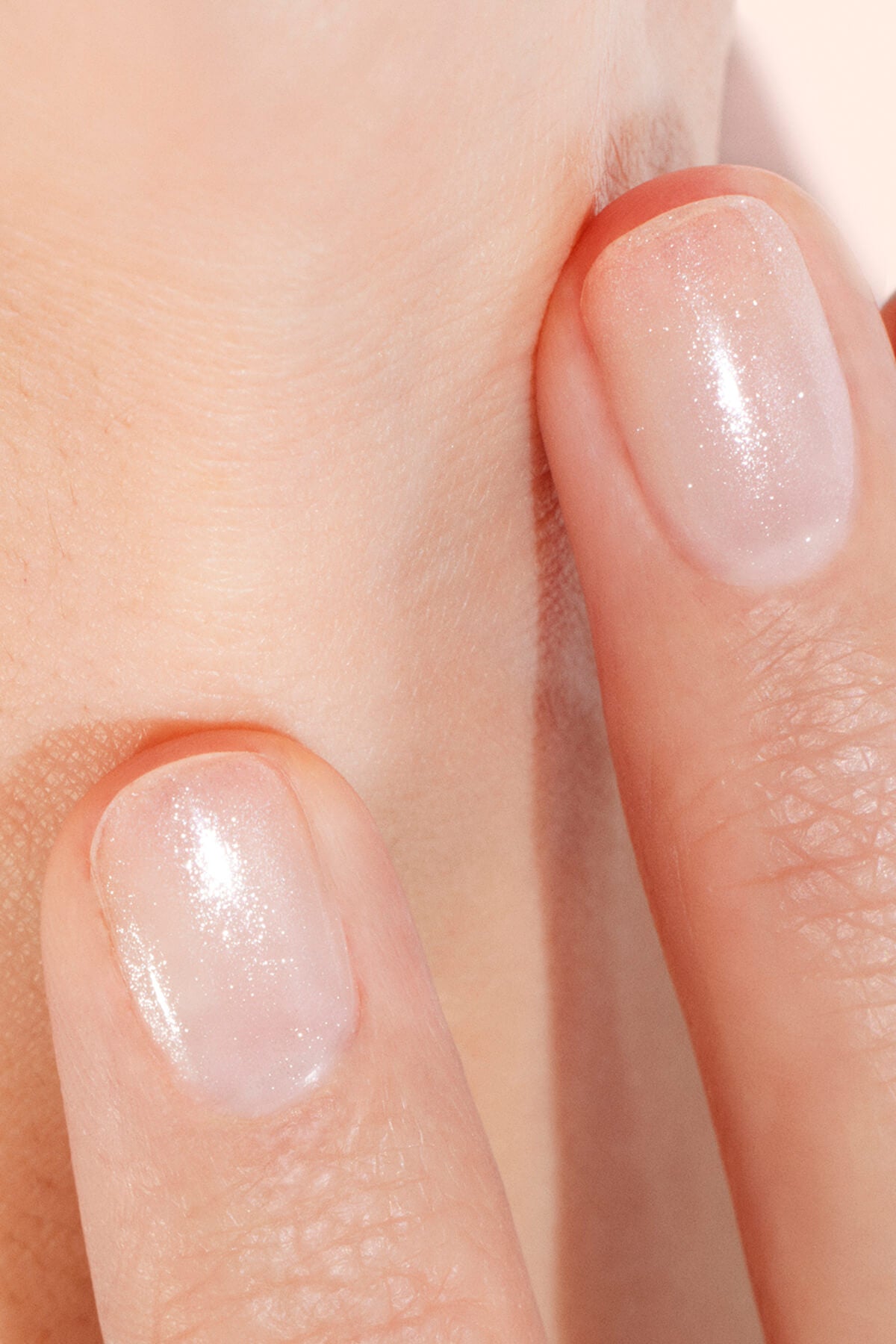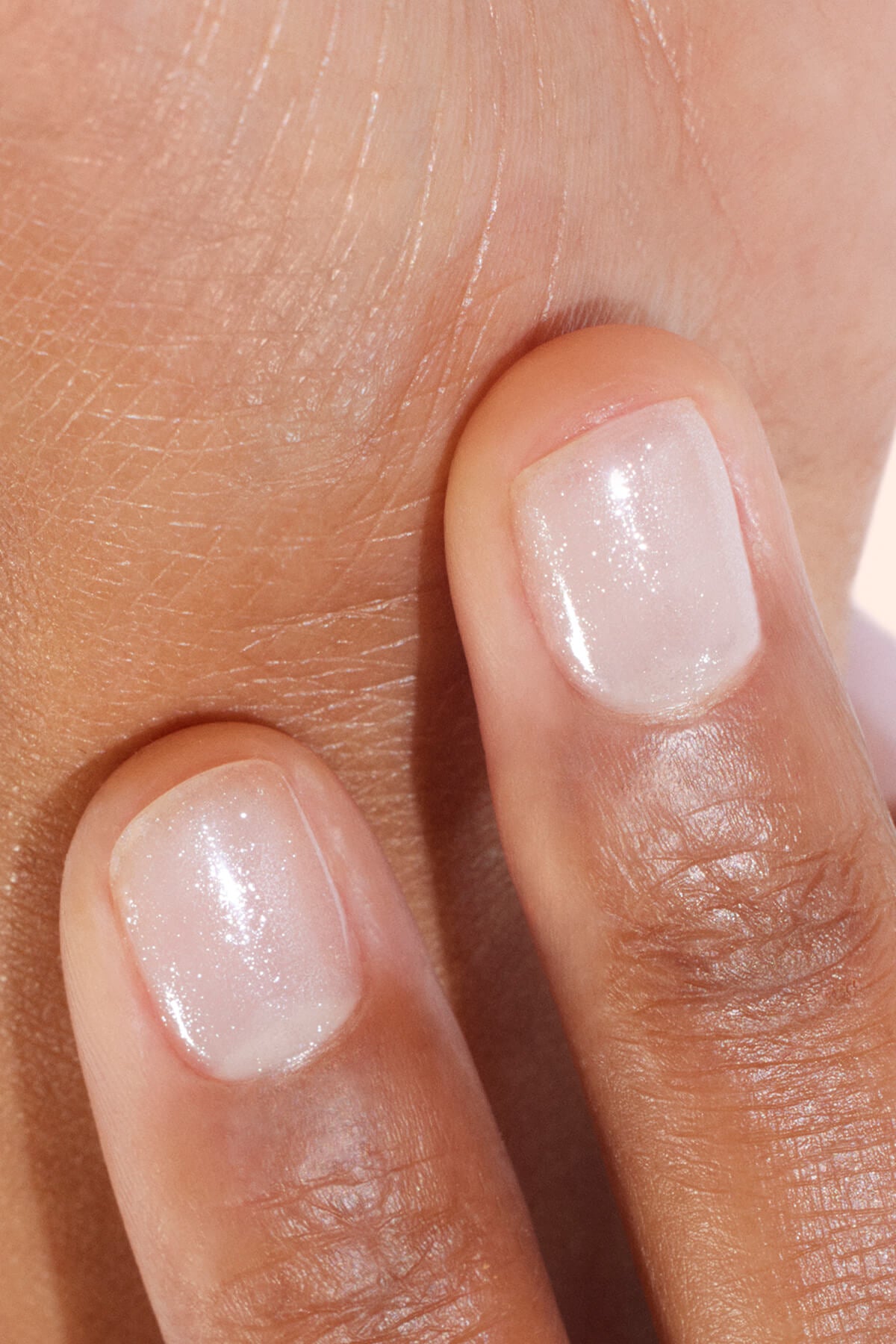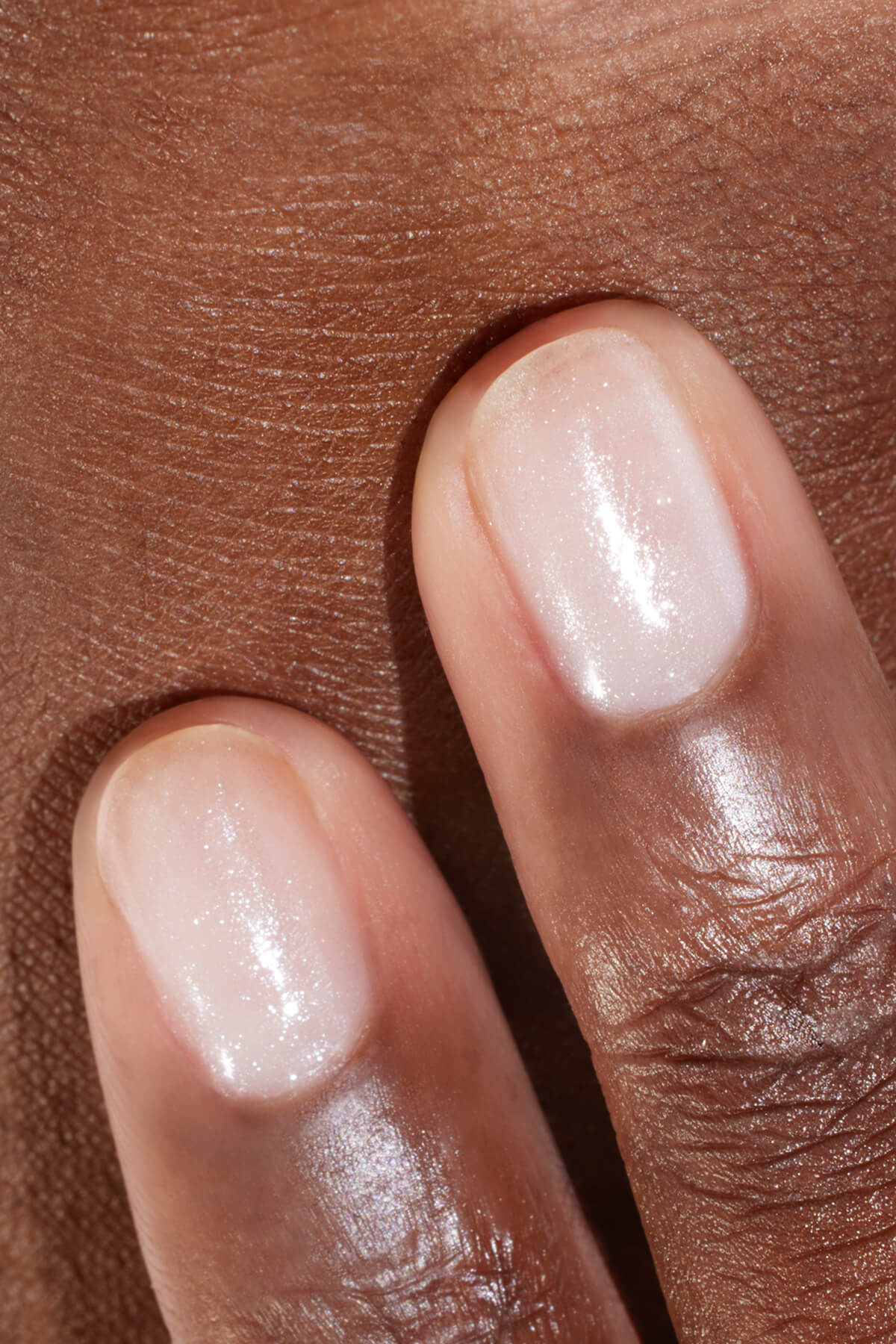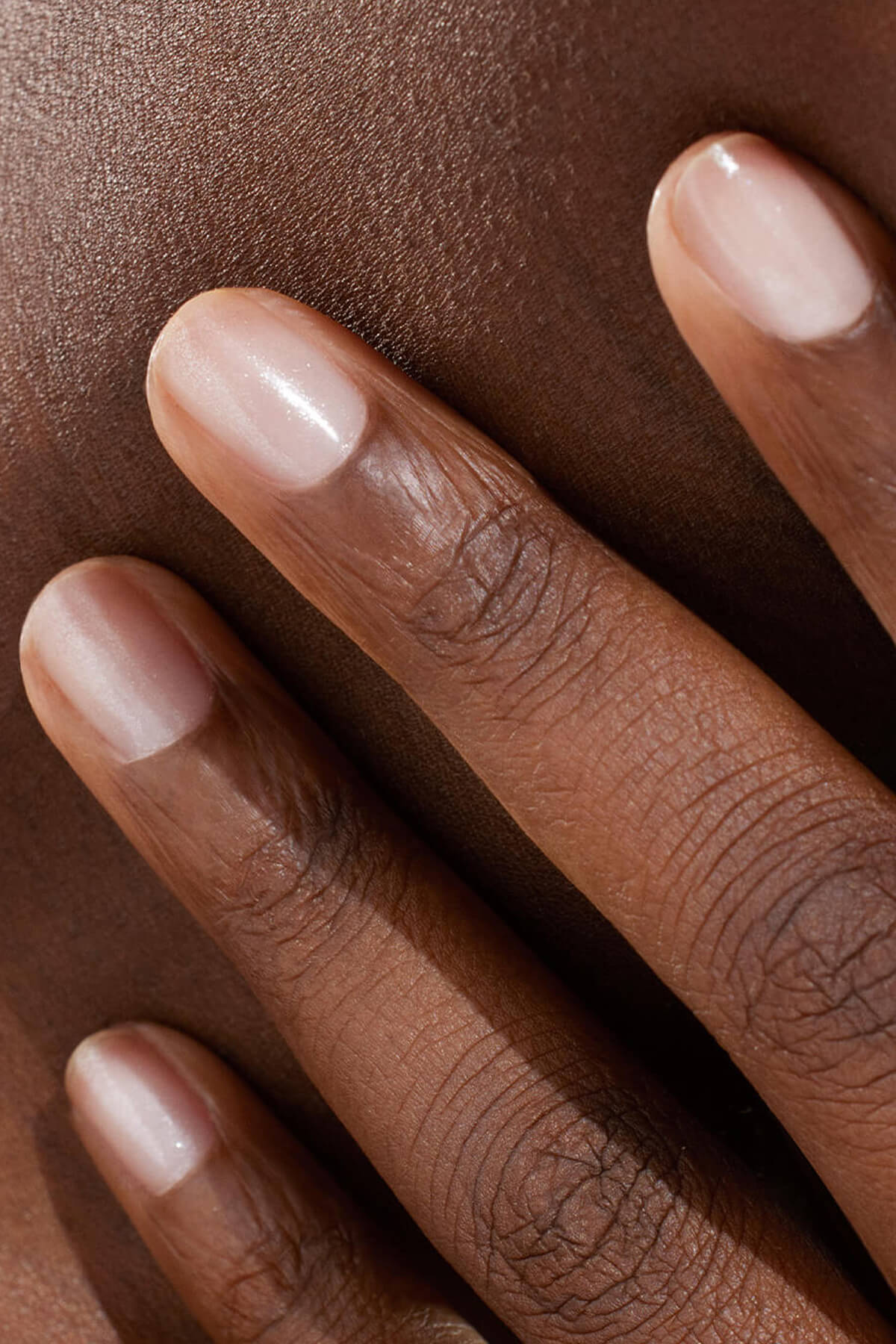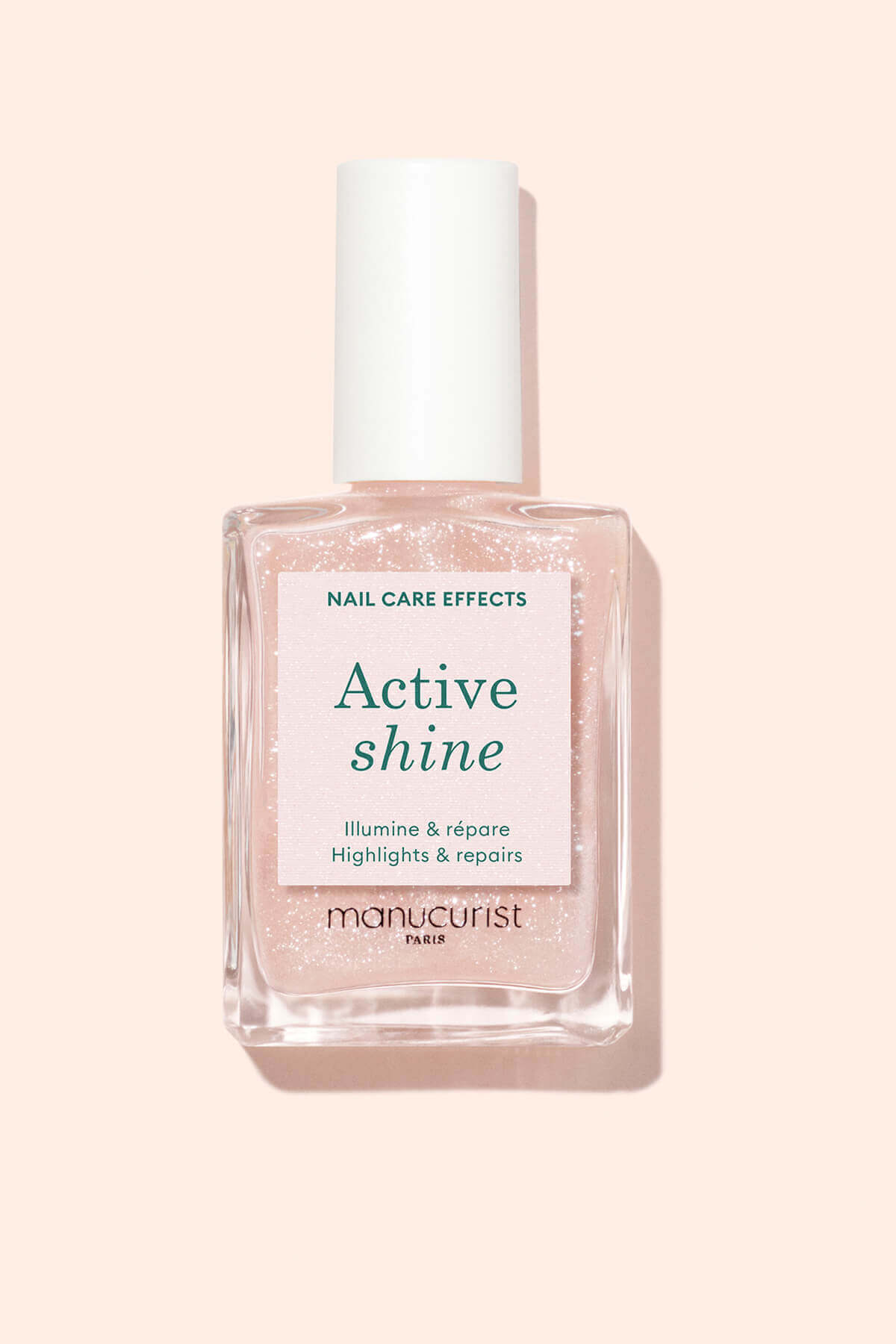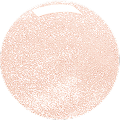What is onychophagia?
Onychophagia is the medical term for nail-biting. The word originates from the Greek “onyx” meaning "nail" and “phagein” meaning "to eat." This condition affects about one-third of people in France, often starting in childhood or adolescence. According to a study by the American Academy of Dermatology (AAD), approximately 30% of children aged 7 to 10 and 45% of teenagers bite their nails. While this percentage decreases with age, about 20% of adults continue to bite their nails regularly.
So, where does this peculiar reflex come from? The reasons vary, but they’re often linked to stress, anxiety, or boredom. Faced with a stressful situation, seeking comfort, trying to concentrate, or simply needing an outlet, our nails often bear the brunt. Unfortunately, this habit isn’t without its medical consequences...

Are chewed nails a danger?
Weakened nails
Constant nail-biting damages the keratin that forms the nail plate. Thinner nails are more prone to splitting, peeling, and developing irregularities like ridges. Damage to the nail plate can also affect the nail matrix, slowing growth or causing abnormal growth patterns. Besides being unsightly, this can also be painful and disruptive in daily life.
Small wounds, high risk of infection
Nail-biting exposes the skin and cuticles to an increased risk of infection. The protective barrier around the nail is compromised by microtears, allowing bacteria, viruses, and fungi to invade. If wounds turn red, swollen, and painful, they may require treatment with antibiotics or antifungals. Moreover, touching your mouth increases the risk of contracting seasonal viruses and other illnesses that spread easily.
Is it a habit or a disorder?
The American Psychiatric Association (DSM-5, 2015) categorises onychophagia as an obsessive-compulsive behaviour disorder. For some, it’s a minor tic they barely notice. For others, it’s a serious compulsion, often symptomatic of underlying mental health issues requiring psychological support.
So, how can you overcome onychophagia? Here are some strategies to help you make peace with your nails and restore their health and vitality.

“Starting tomorrow, I’ll stop!”
“Enough with the chewed nails! Starting tomorrow, I’ll quit!” That’s a great resolution and shows you’re already aware of the problem. But turning words into actions requires persistence. Don’t worry—there are practical techniques to help anyone determined to break free from this habit.
The power of bitter nail polish
Bitter nail polish looks like a simple transparent polish but has a strong bitter taste that acts as a deterrent whenever your nails touch your mouth. The unpleasant taste quickly discourages the habit.
Manucurist has developed a bitter polish that’s both effective and protective. Made with 68.5% bio-sourced ingredients, it applies like any regular polish on clean, dry nails—or even over Green™ polish or a top coat. Reapply every two days without removing the previous layer. Removal is simple with Green Flash™ gentle remover.
Bitter nail polish helps you become aware of the habit and pinpoint emotional triggers, paving the way for effective solutions.


Alternative habits
Work stress, boredom, or cravings? Identify situations that trigger nail-biting and prepare alternative actions. Keep your hands busy with a stress ball, chew sugar-free gum, or try breathing exercises, meditation, or even sports to reduce anxiety and break the nail-biting reflex. Stay consistent, and you’ll be rewarded with visible nail growth. Keep at it—you can do it!
Seeking help
For chronic nail-biters, breaking the habit can be as challenging as quitting smoking. If you’re struggling, don’t hesitate to seek support from professionals. Behavioural therapy or hypnosis can help manage stress and uncover the root causes of anxiety.

Caring for your nails during and after stopping
When you stop biting your nails, the regrowth process requires patience. On average, nails grow between 3 to 5 mm per month. Each millimetre is a victory! It’s the perfect time to reconnect with your nails and rediscover the joy of nail care.
Boosting nail growth
Once you’ve successfully curbed the nail-biting habit, consider stimulating nail growth with supplements like Nail Boost. This two-month treatment is packed with vitamins and active ingredients. Pair it with a diet rich in essential vitamins, minerals, and trace elements—like calcium, zinc, and vitamin B—to promote keratin production. By nourishing your nails from within, you’ll achieve stronger, healthier nails that will motivate you to keep the habit at bay.

Hydrating and nourishing
To repair the nail plate damaged by years of biting, adopt a routine to hydrate and deeply nourish your nails. Apply a few drops of Complete Serum daily to your nails and cuticles, massaging until fully absorbed. Enhance hydration with a layer of Green Oil, an ultra-nourishing blend of six botanical oils. For severely damaged nails, try the Rescue Kit, a trio of intensive treatments that repair and regenerate in just two weeks.
Incorporate basic nail care into your routine, like cuticle maintenance and gentle filing, to ensure your nails are in top shape for your next manicure!


Treat your nails beautifully
As your nails regain their natural strength and shape, why not enhance their look while treating them? The Active™ range by Manucurist offers dual-effect nail care with stunning results. For nails on the mend, choose between:
- Active™ Shine: A 79.5% bio-sourced formula with antioxidant beetroot extracts and hexanal to strengthen fragile nails while delivering a shiny, glossy finish.
- Active™ Smooth: A beige-pink polish enriched with castor fibres and AHAs for smoothing ridges and repairing damage. Perfect for a refined, polished look.




With revitalised nails, you’re ready for bold, vibrant manicures that highlight your transformation!

Frequently Asked Questions
How can I stop biting my nails?
The simplest way to stop is to use a bitter nail polish, preferably one that’s bio-sourced. Its unpleasant taste will deter you from biting while helping you identify emotional triggers. Look for alternatives to keep your hands or mouth busy during stressful situations, such as using a stress ball or chewing sugar-free gum. If you can’t stop on your own, seek help from a therapist specialising in behavioural habits.
How do I care for nails that have been bitten for years?
After a few weeks of refraining from biting, focus on restoring the nail plate damaged by years of mistreatment. A supplement like Nail Boost can help activate keratin production. Combine this with a regular care routine to hydrate and nourish your nails deeply. Wait until your nails are fully repaired and strengthened before applying classic or gel polish.








